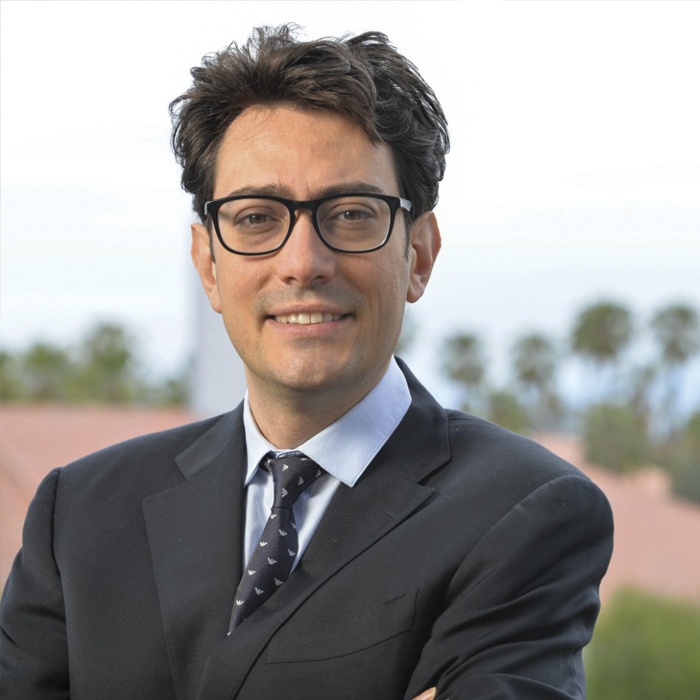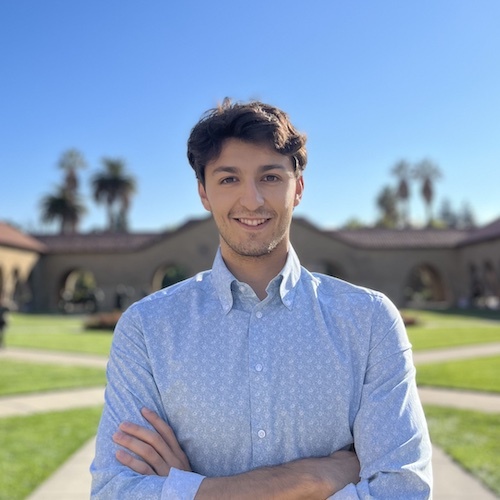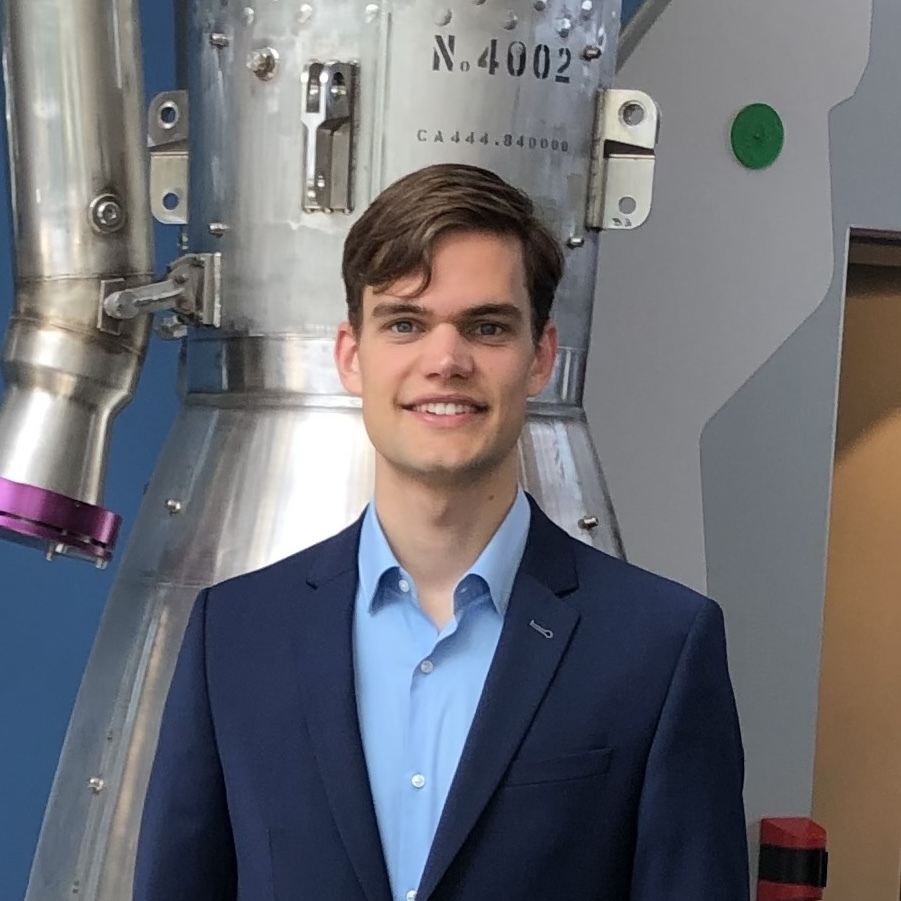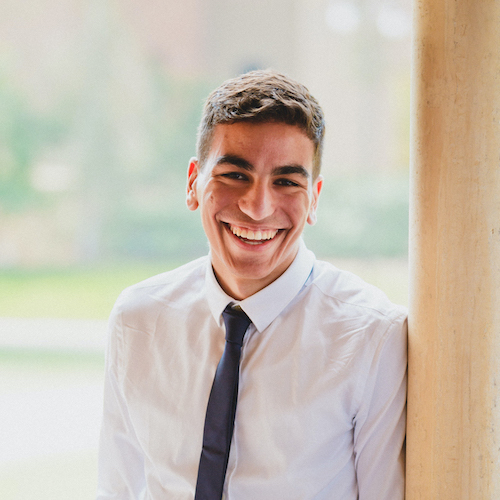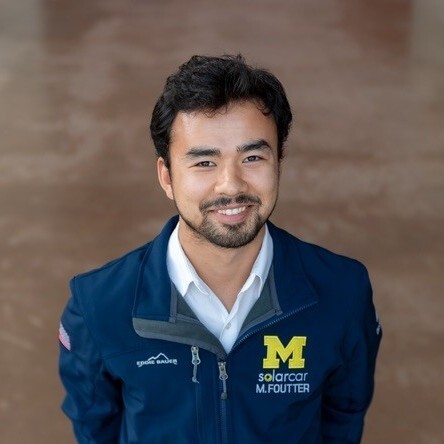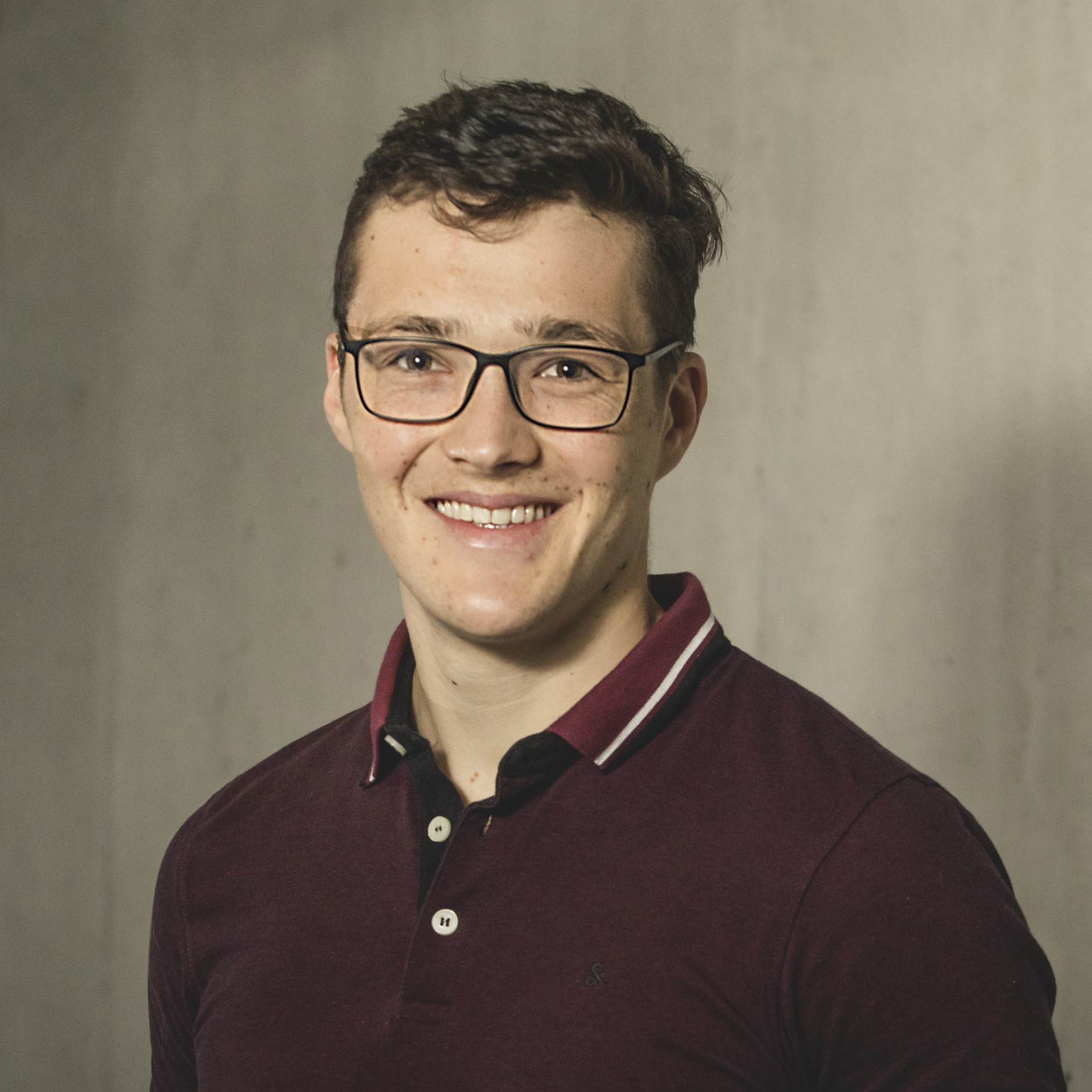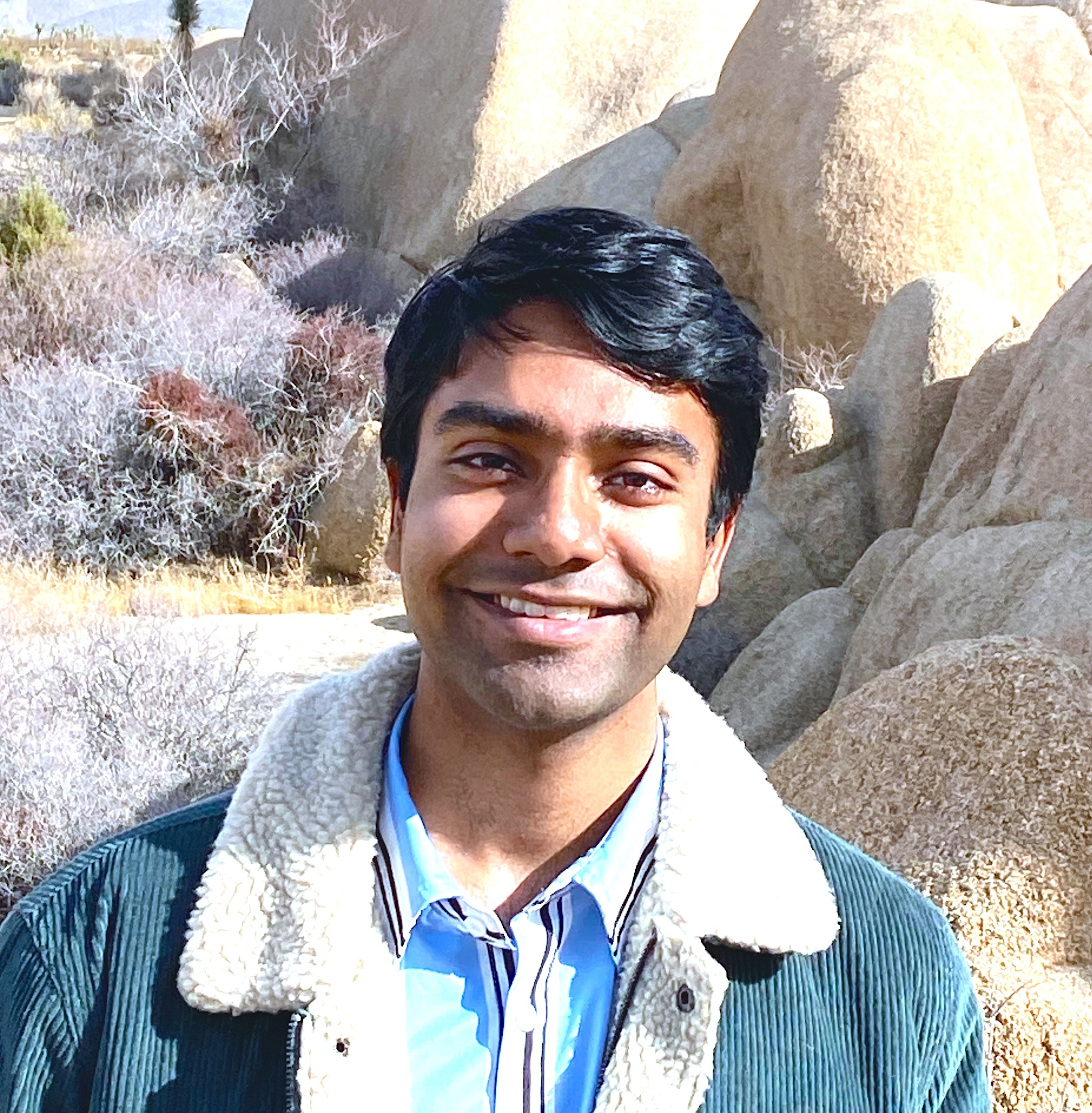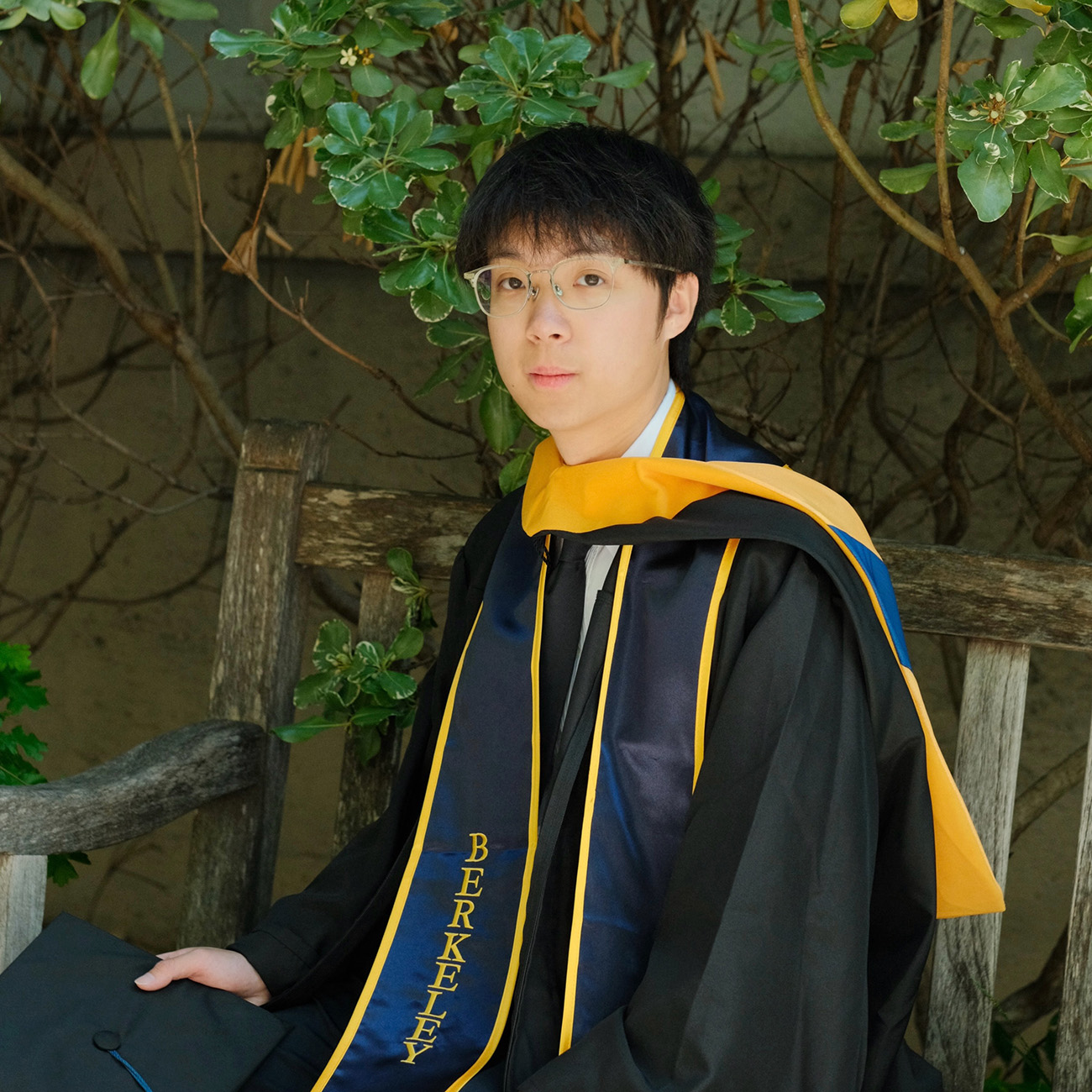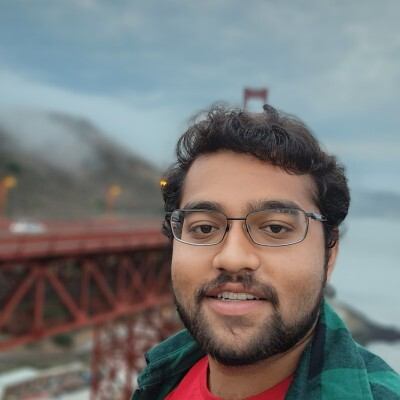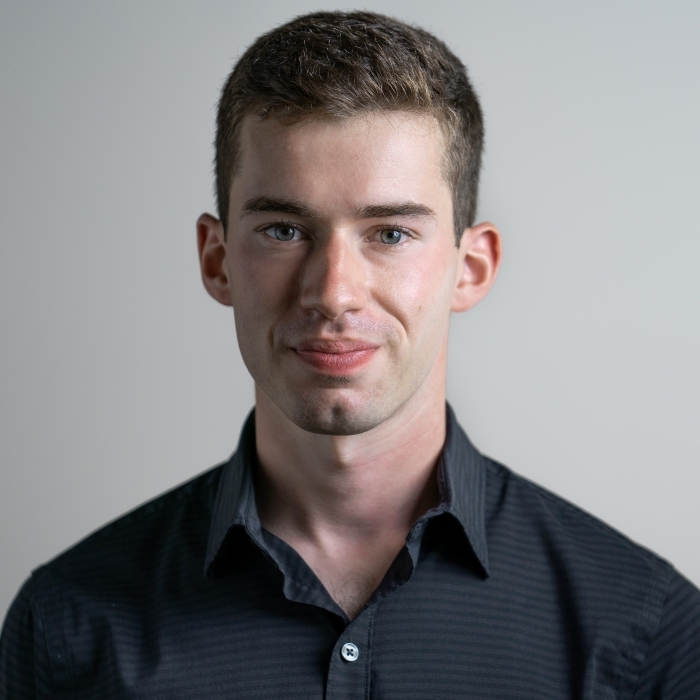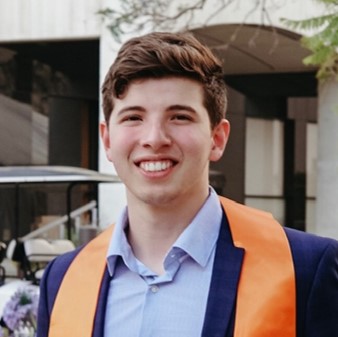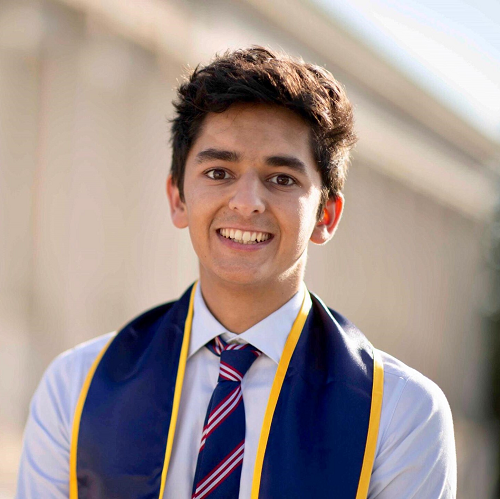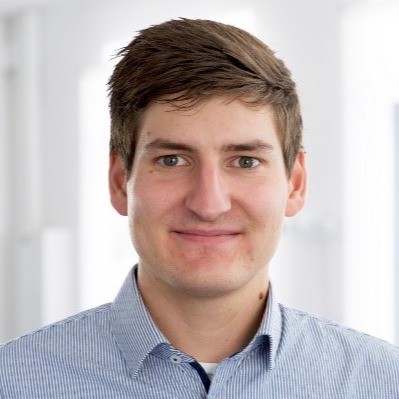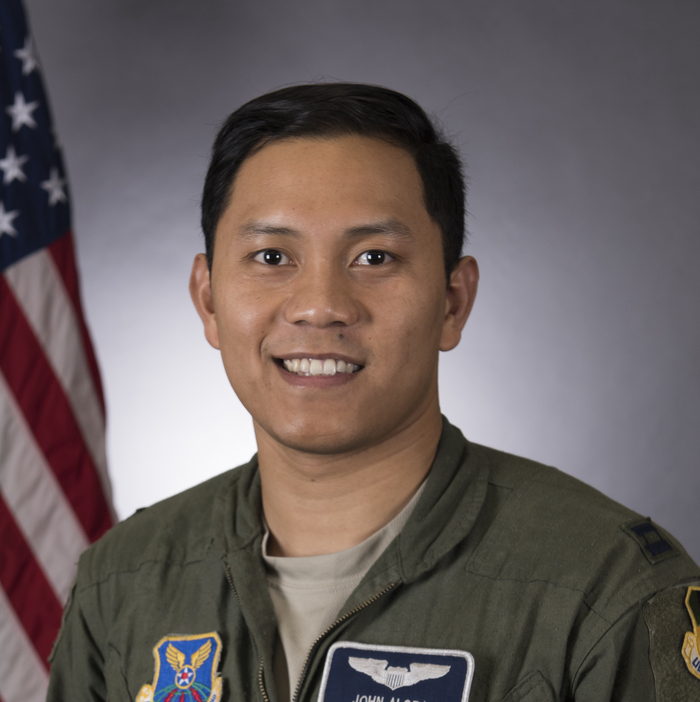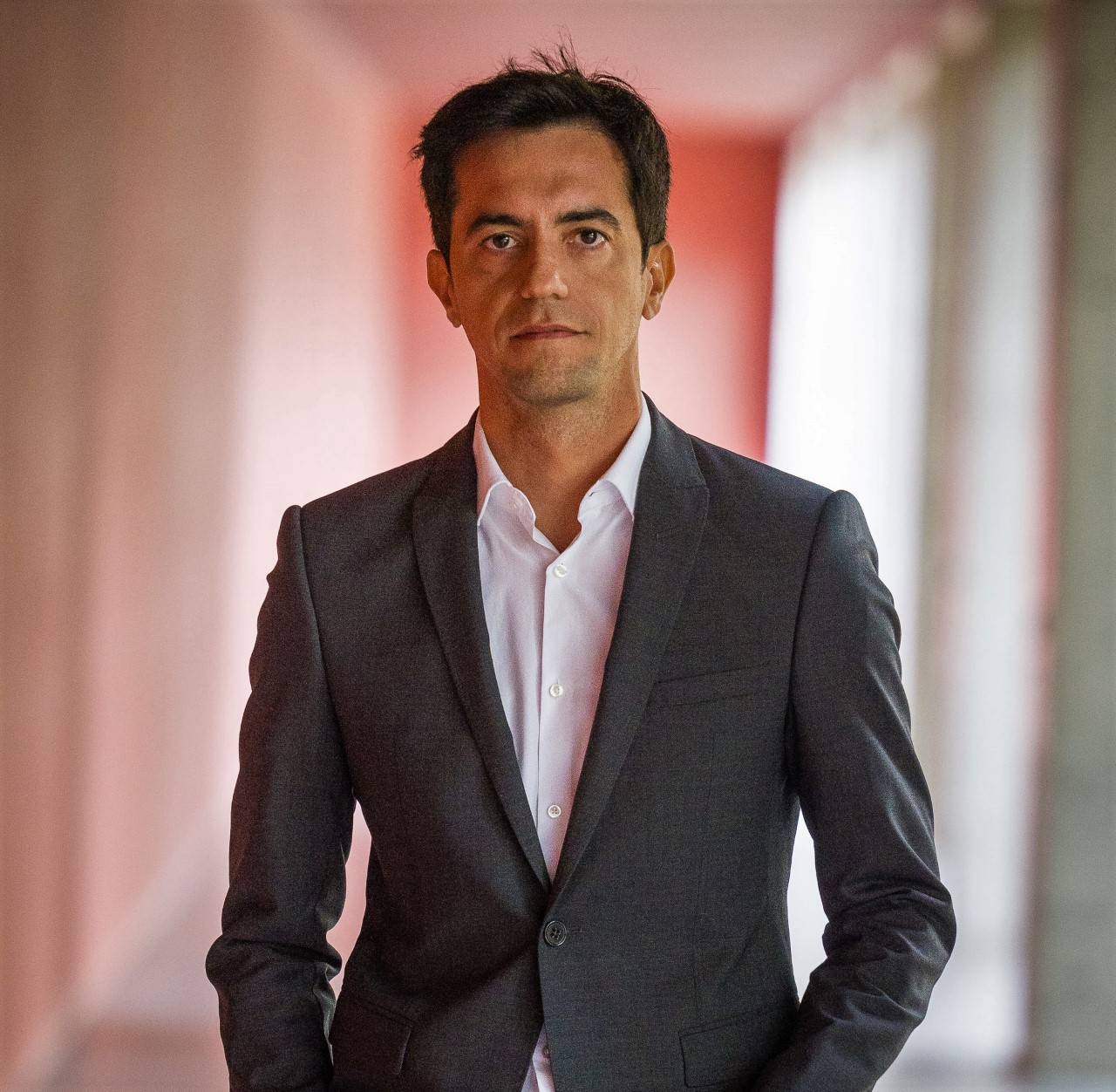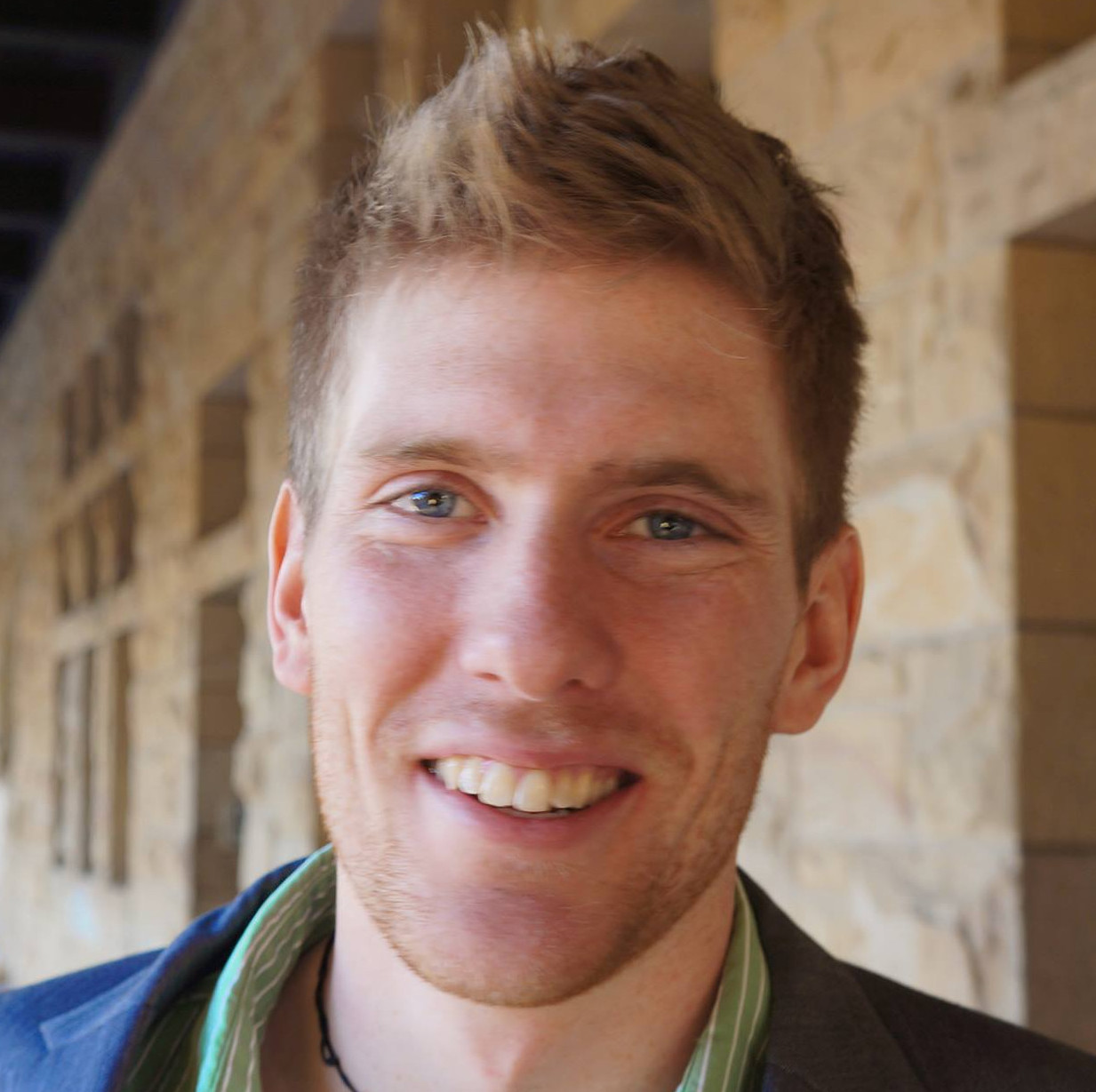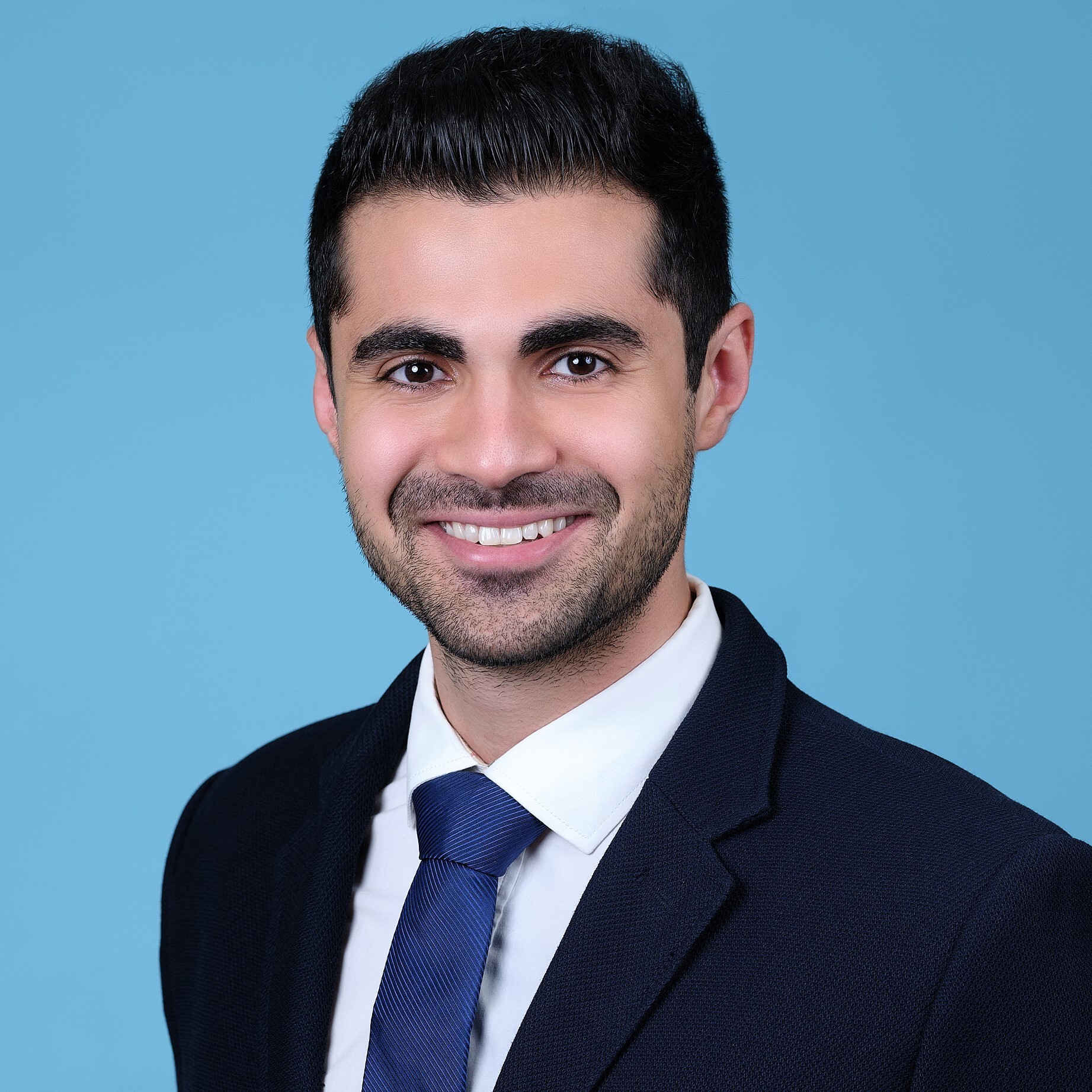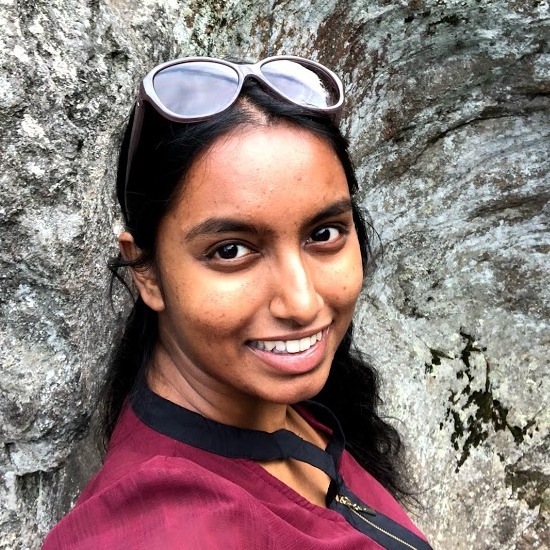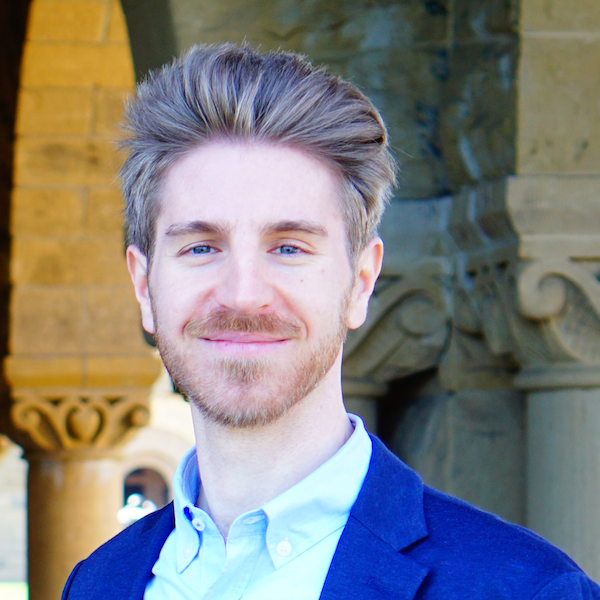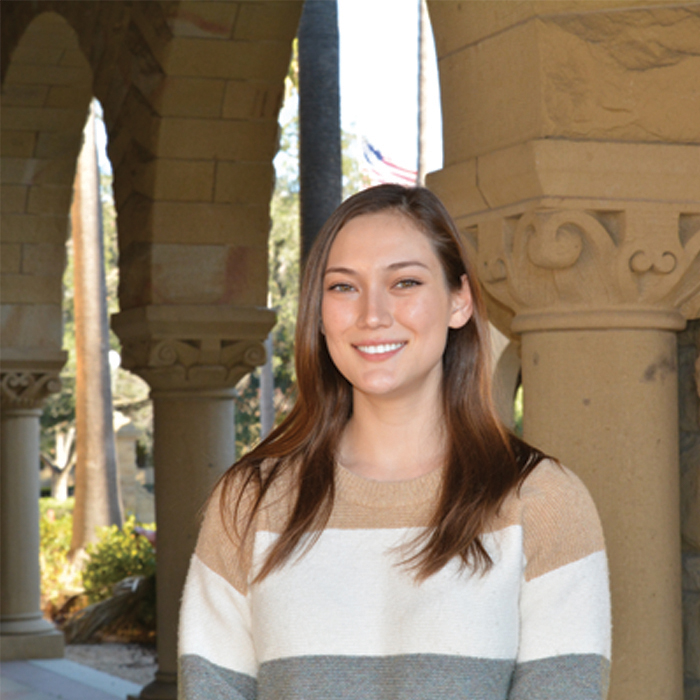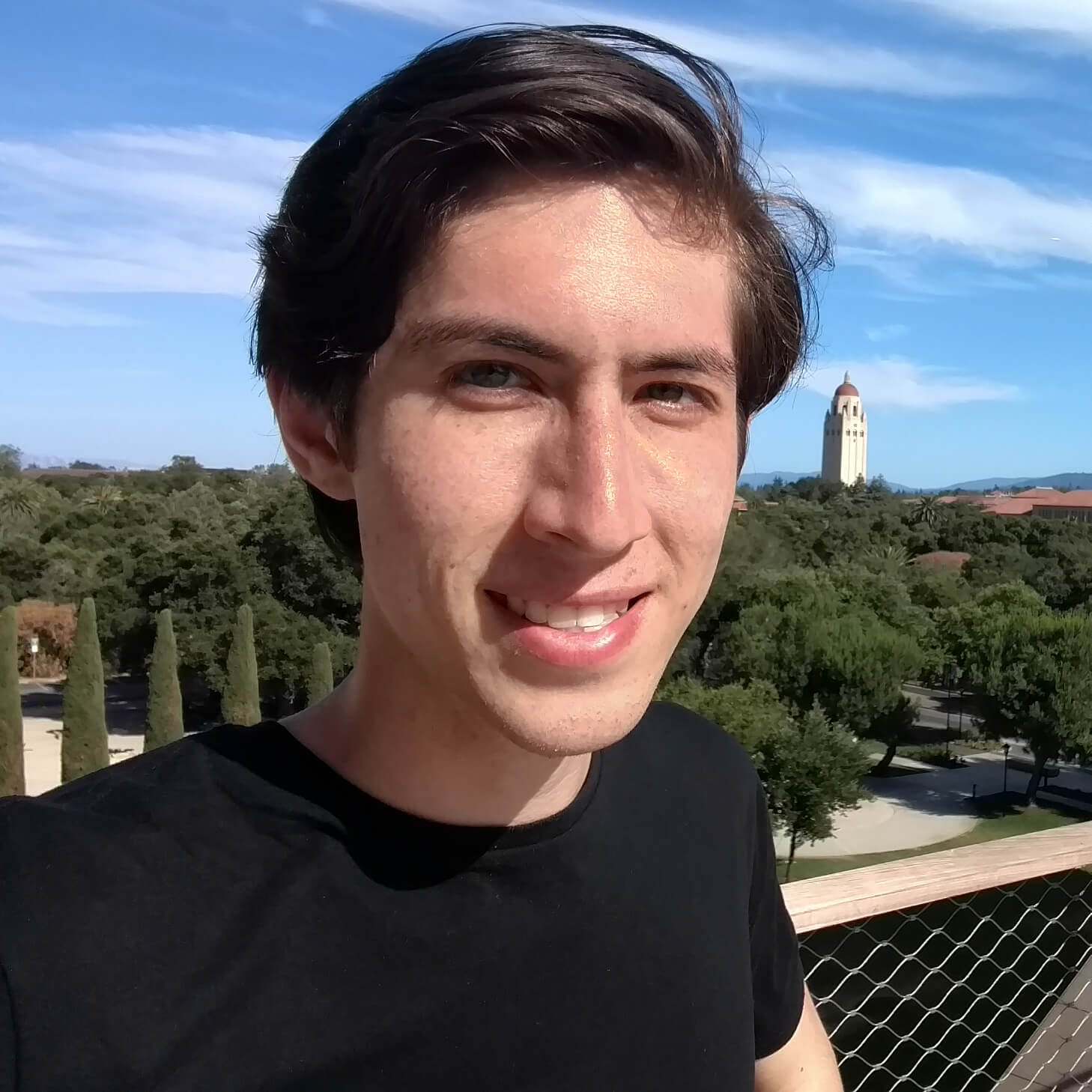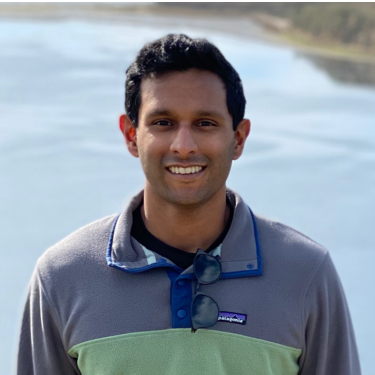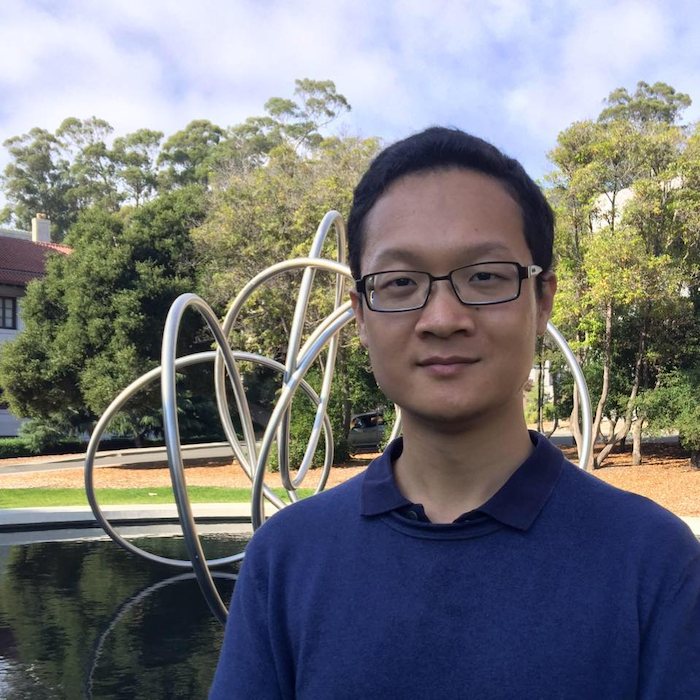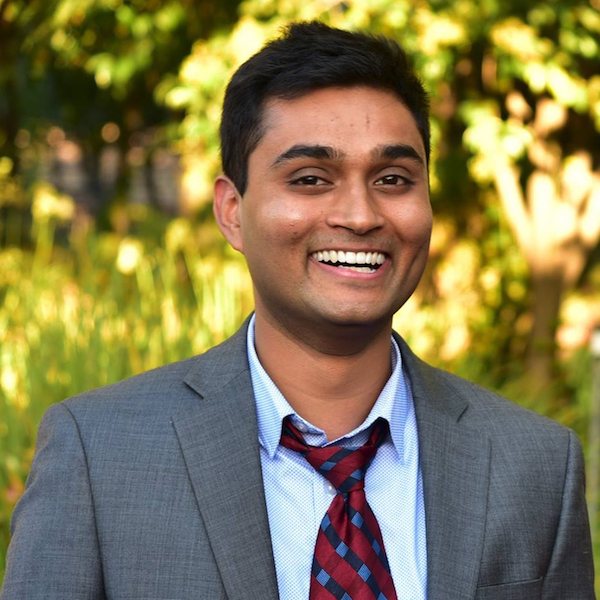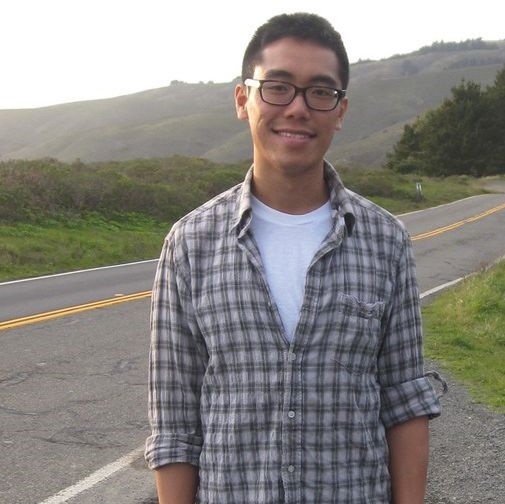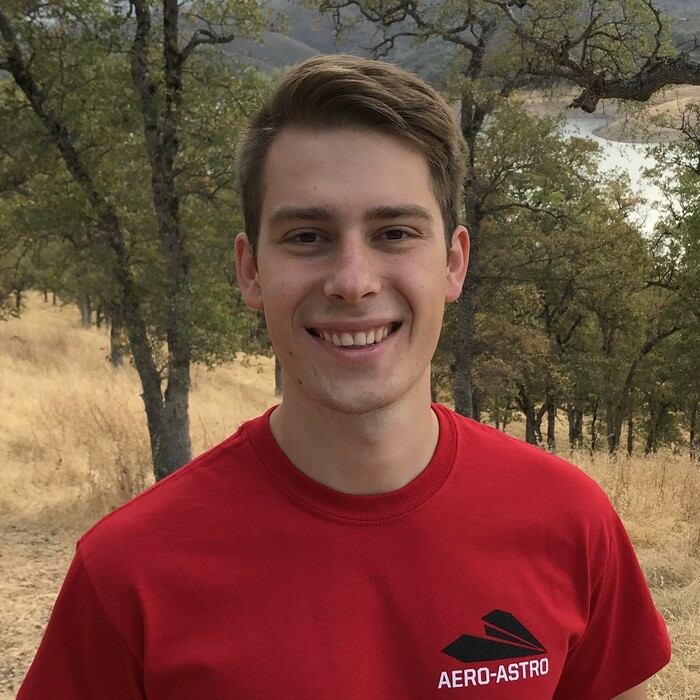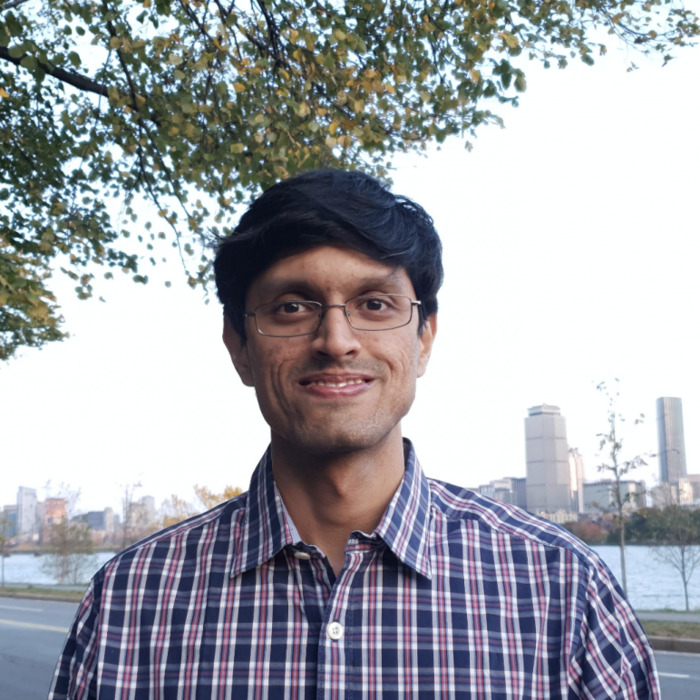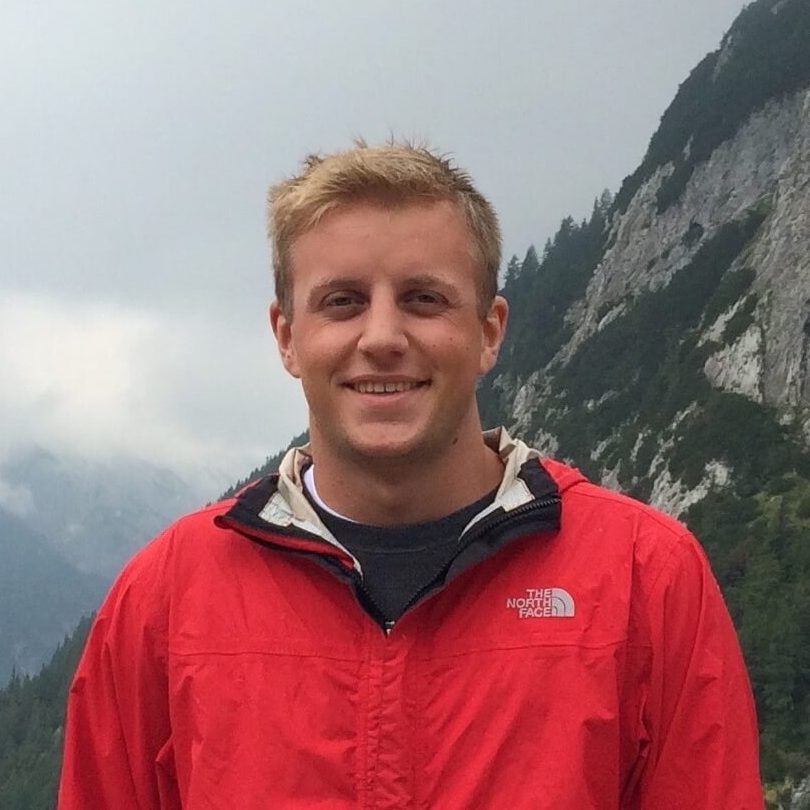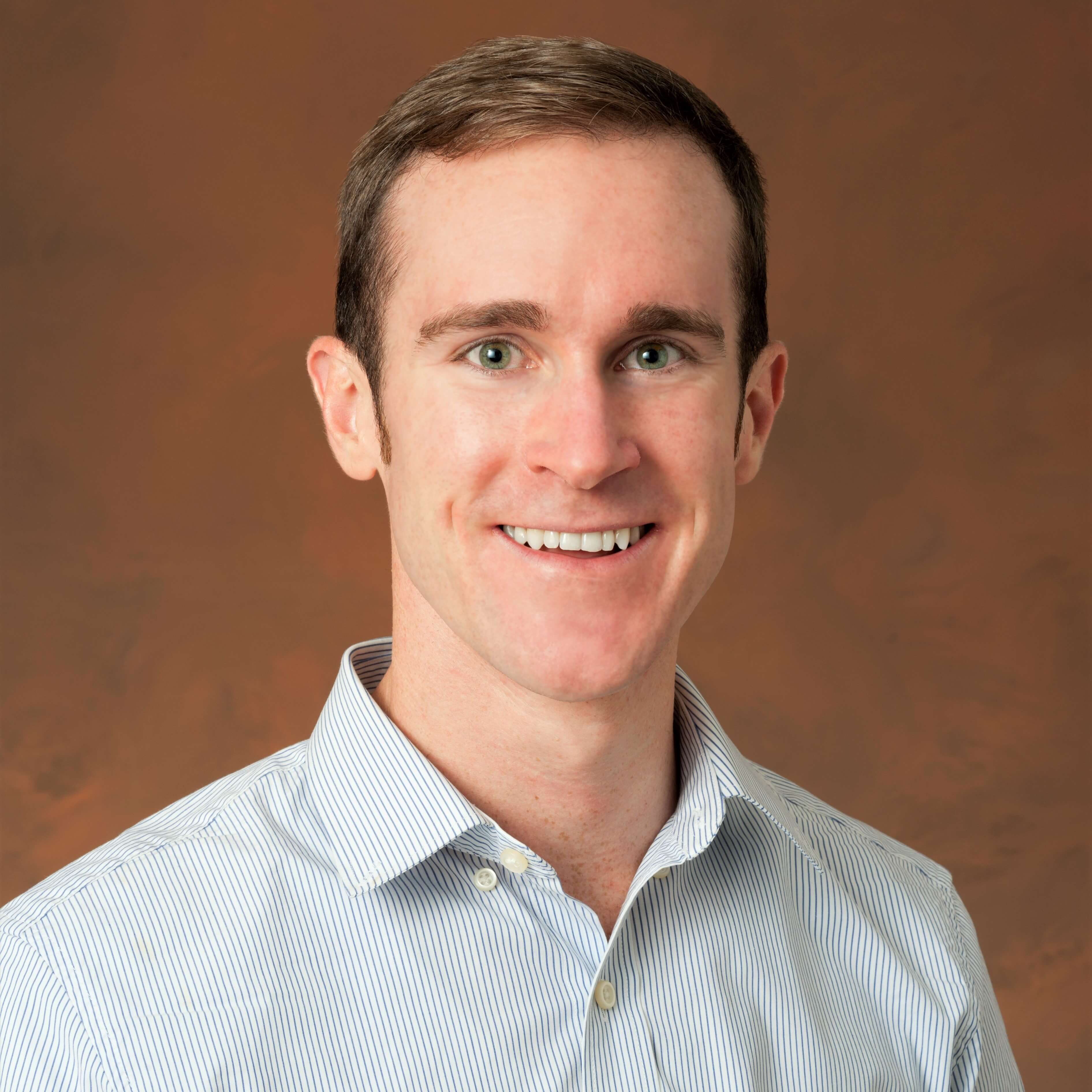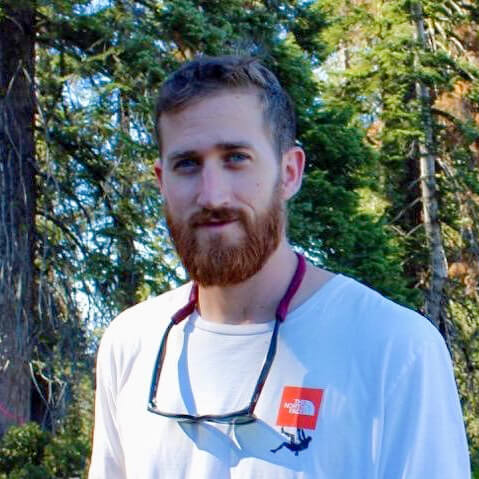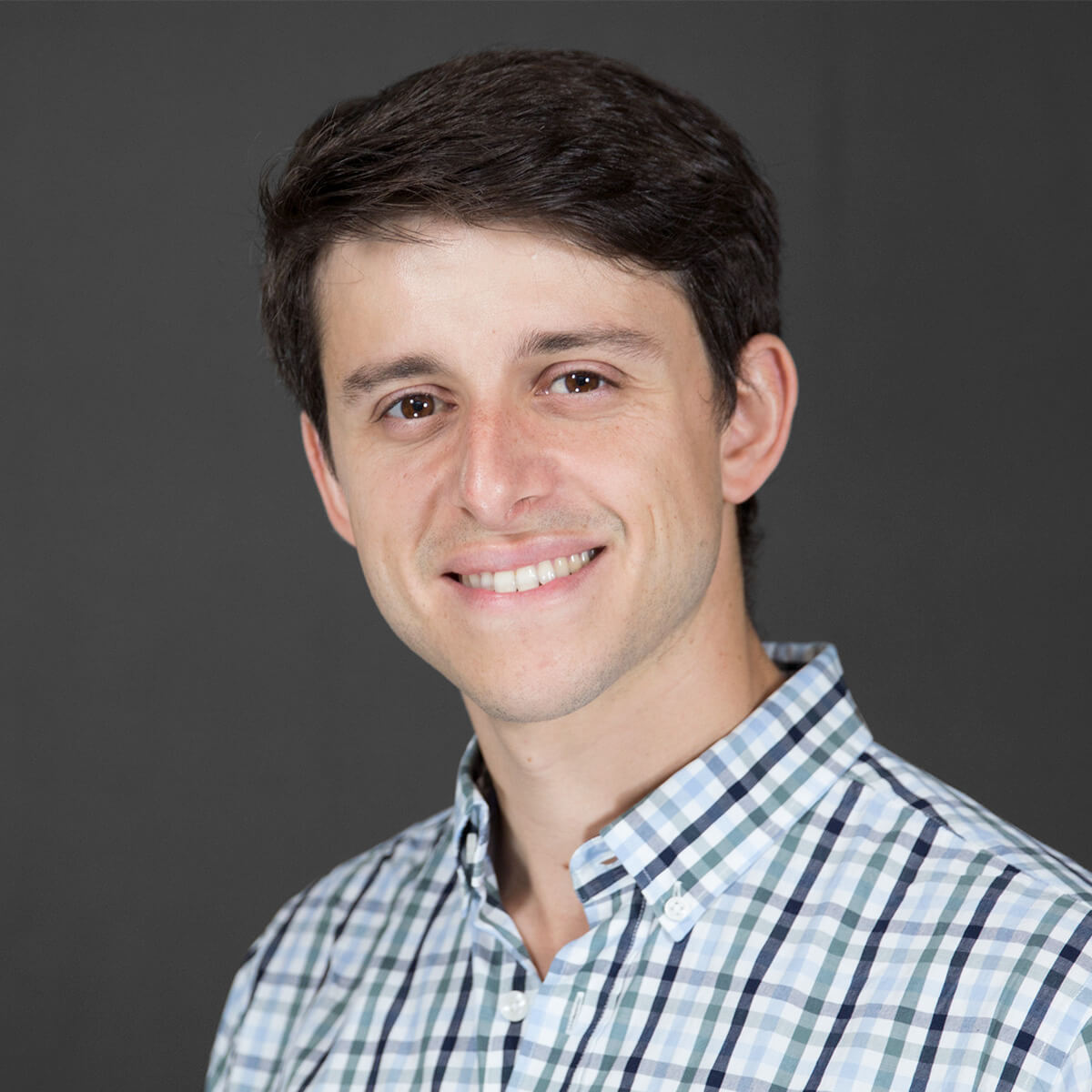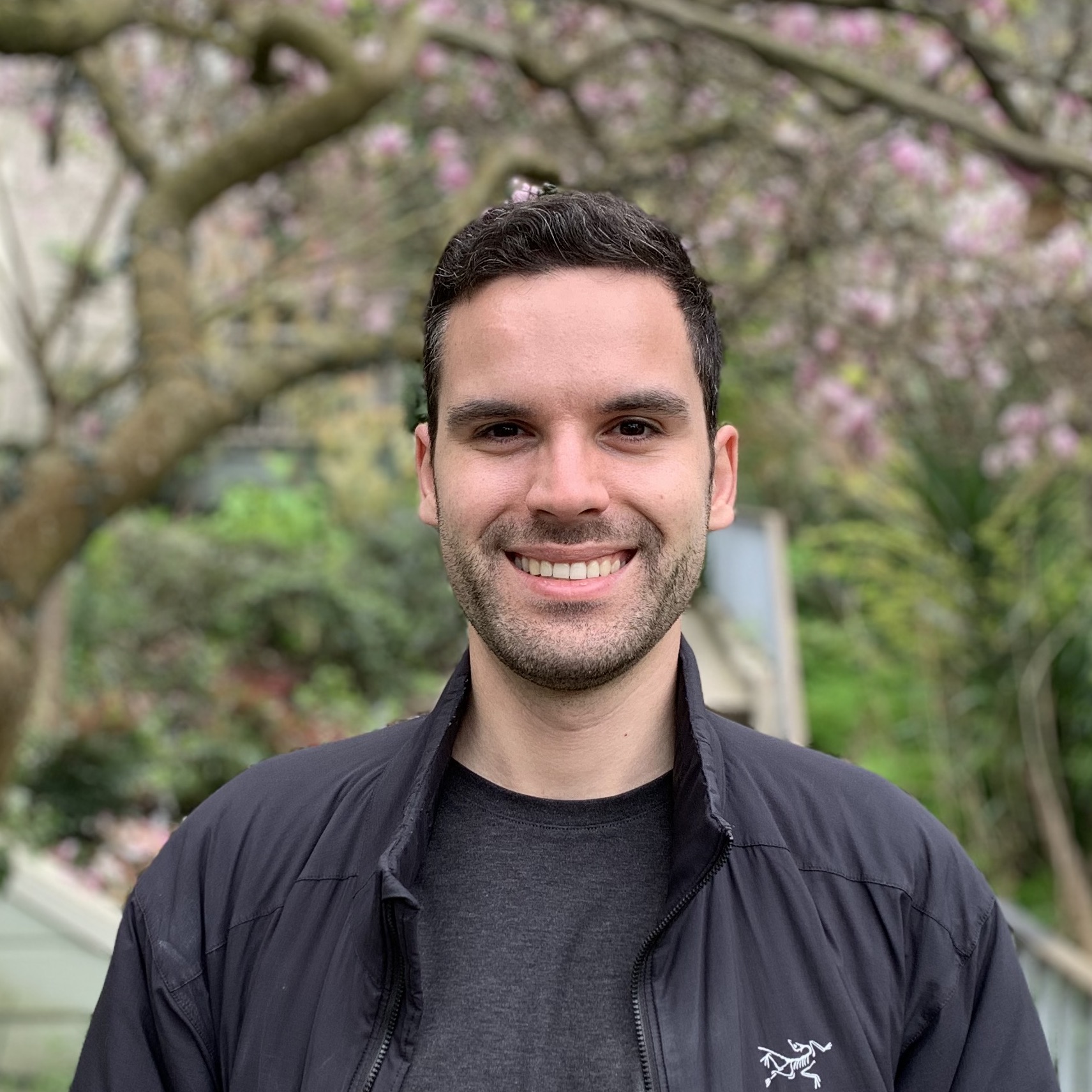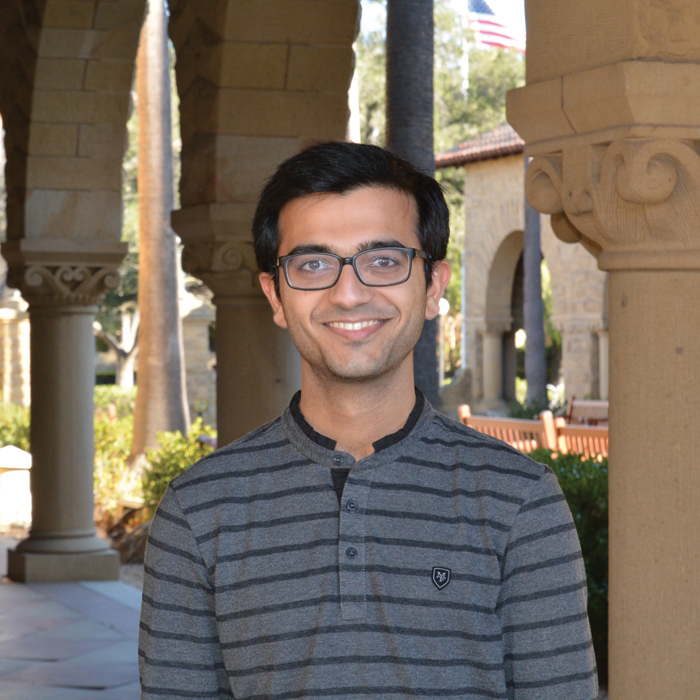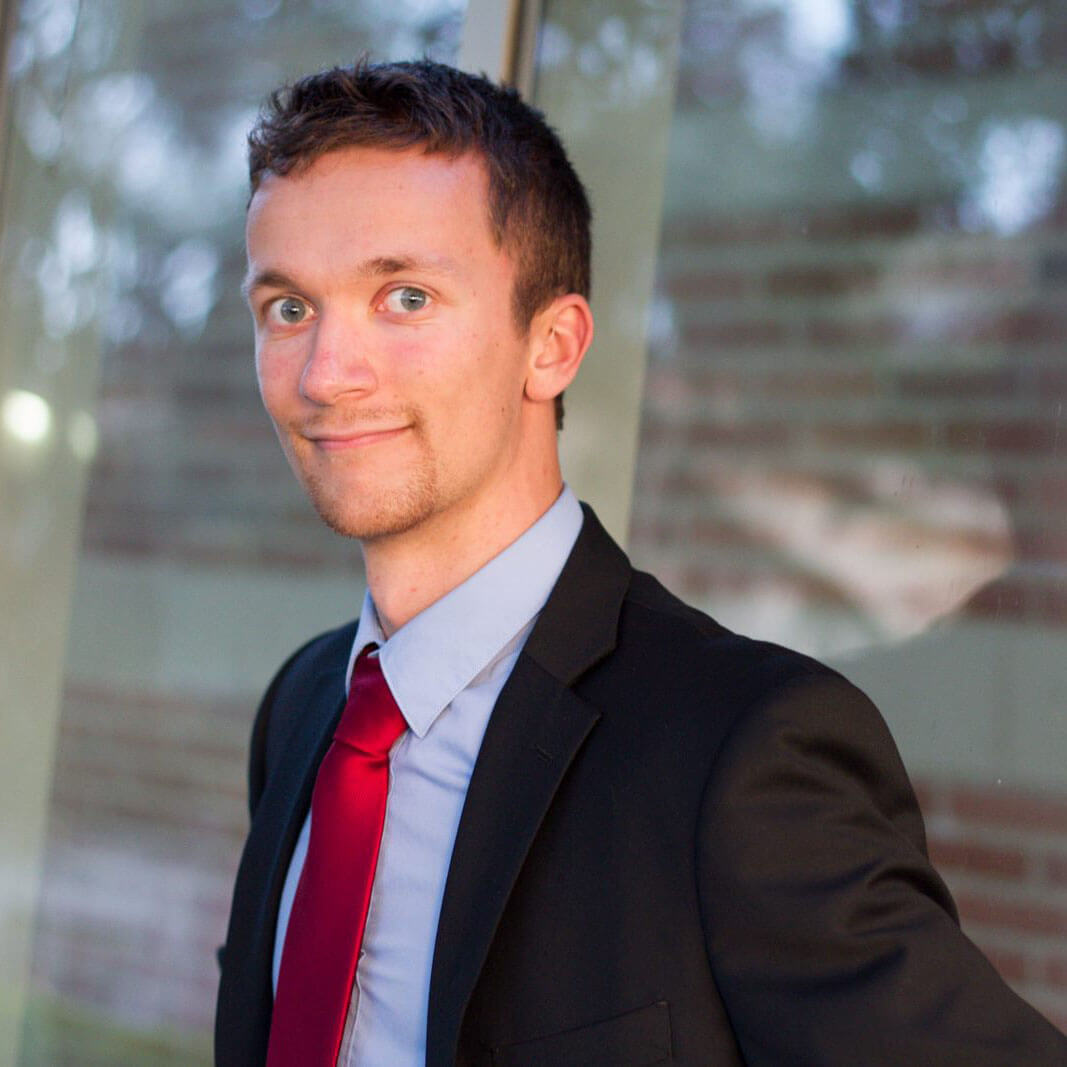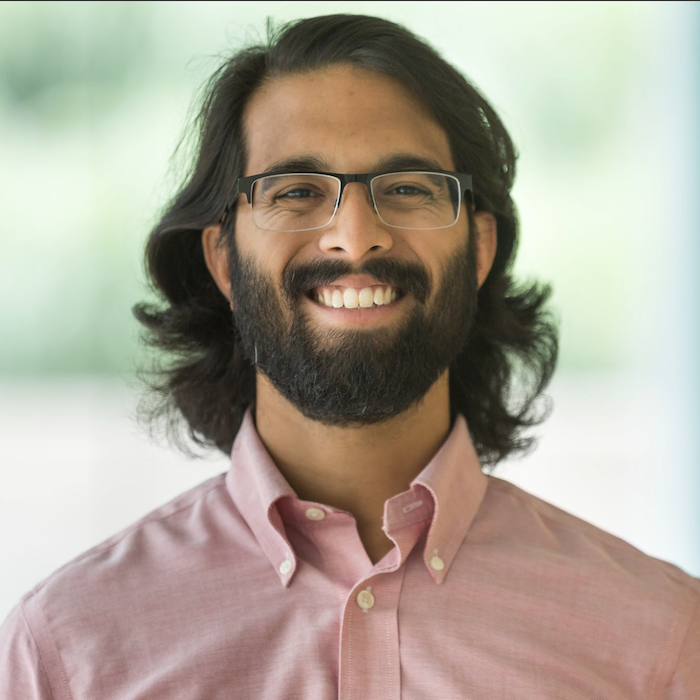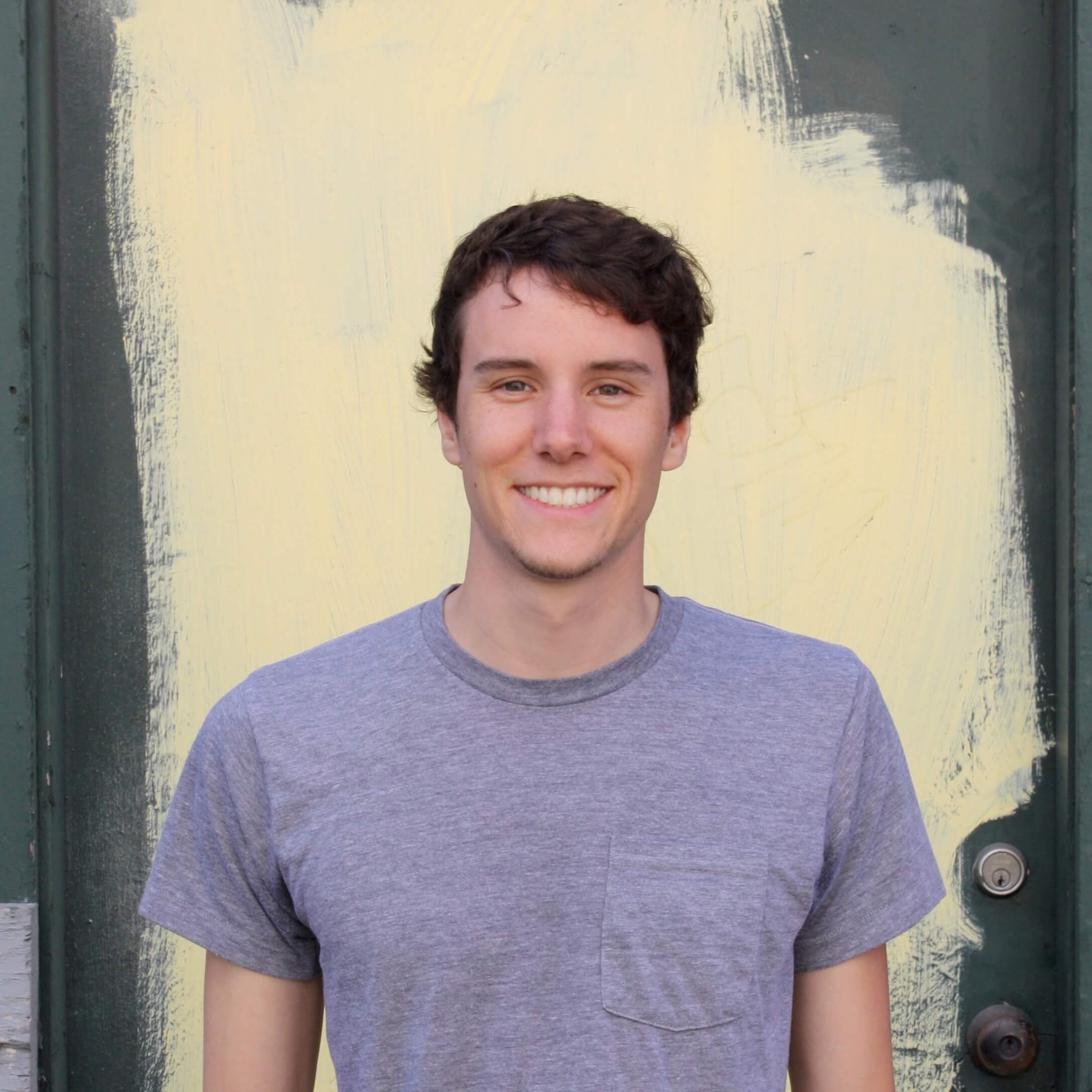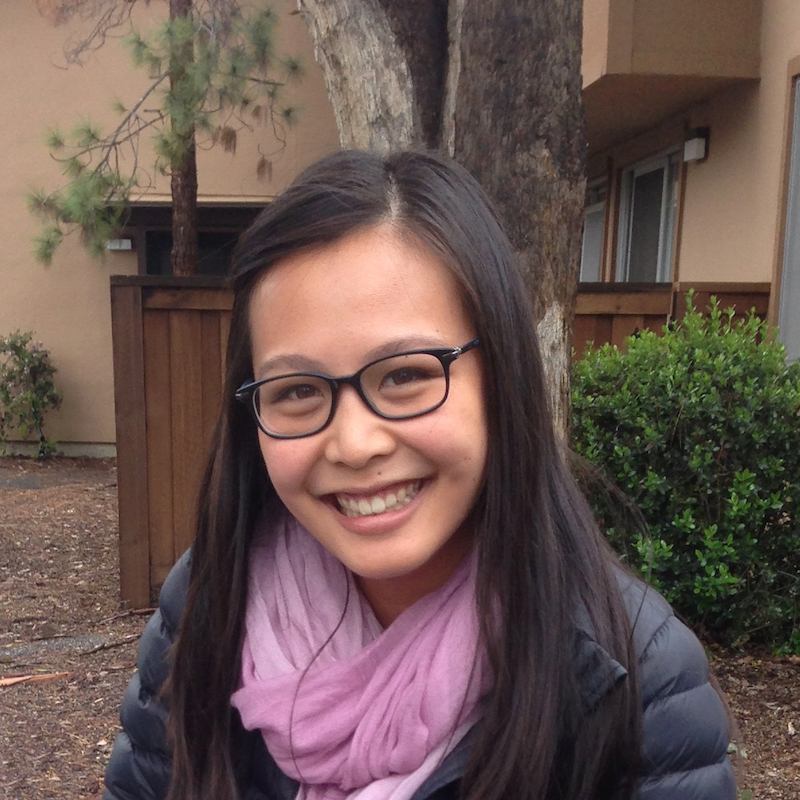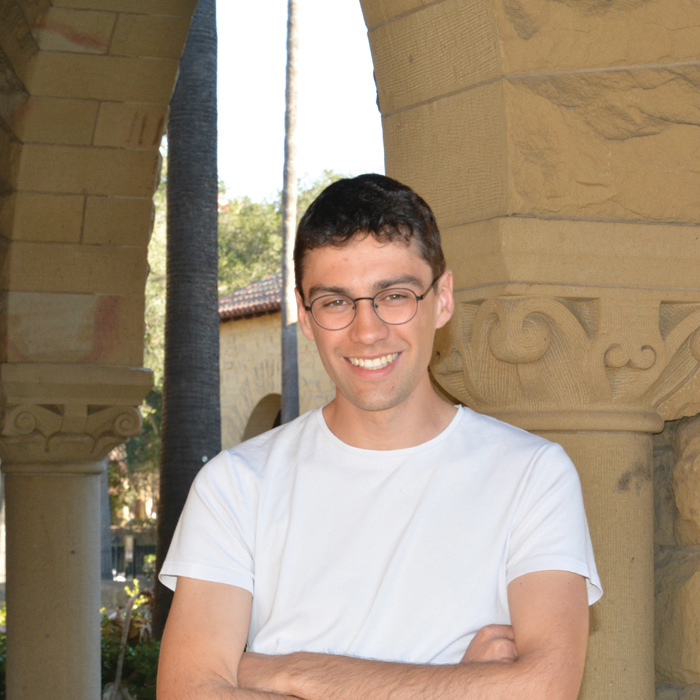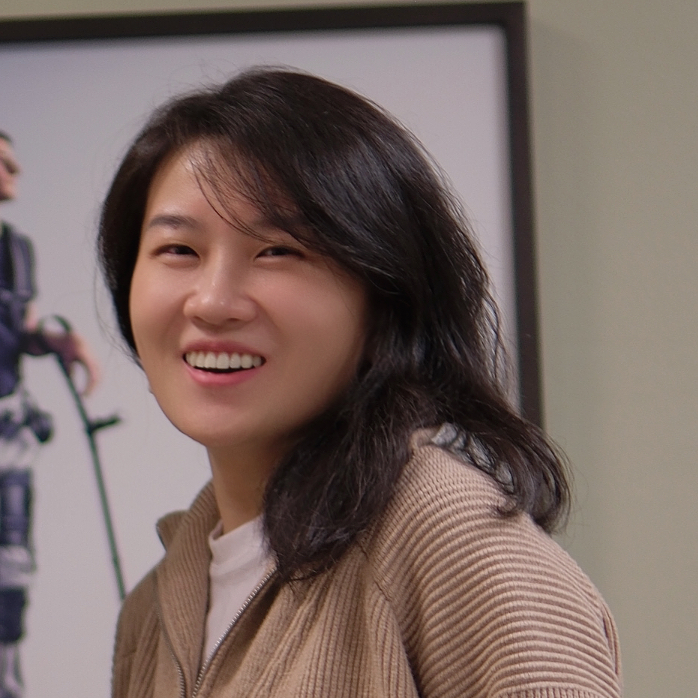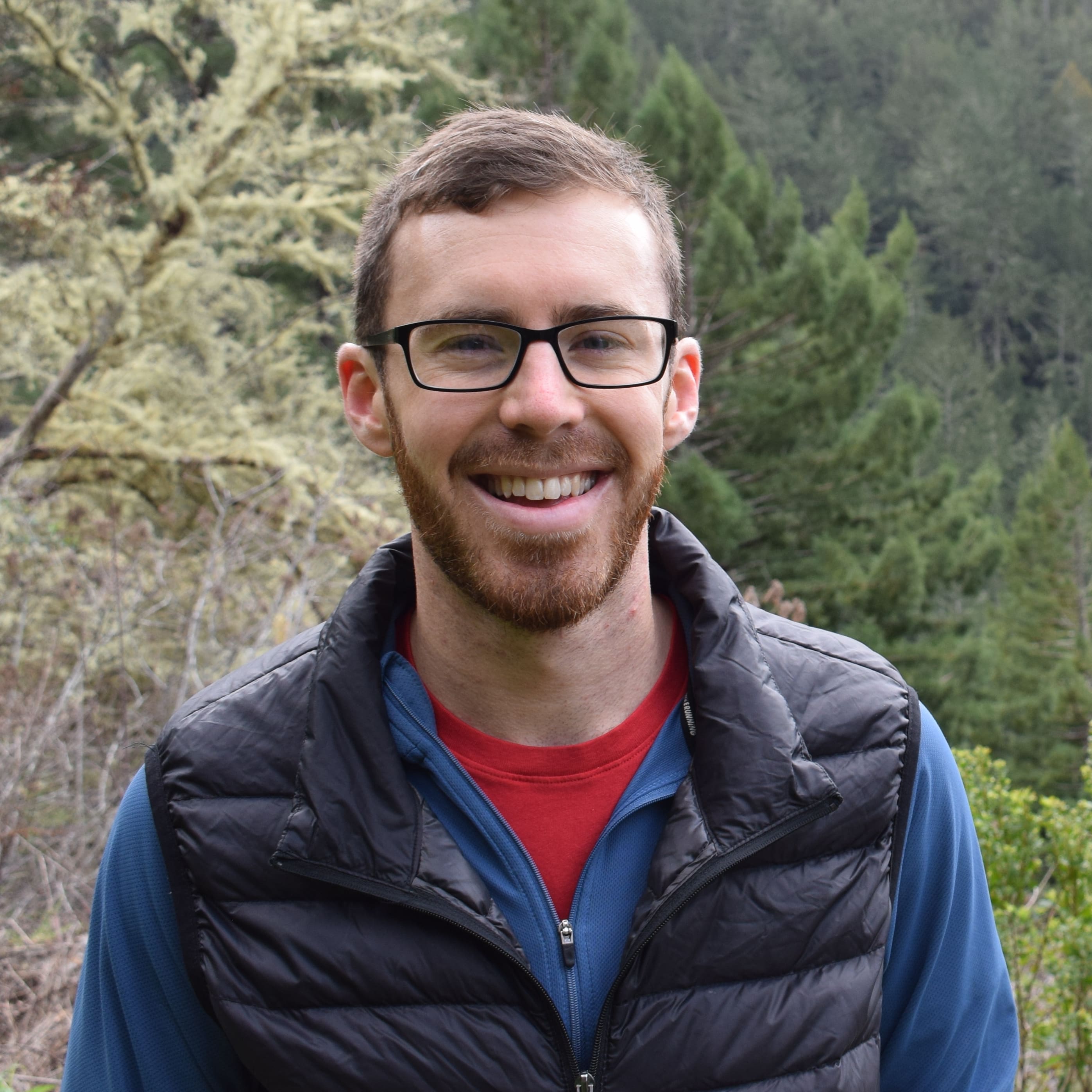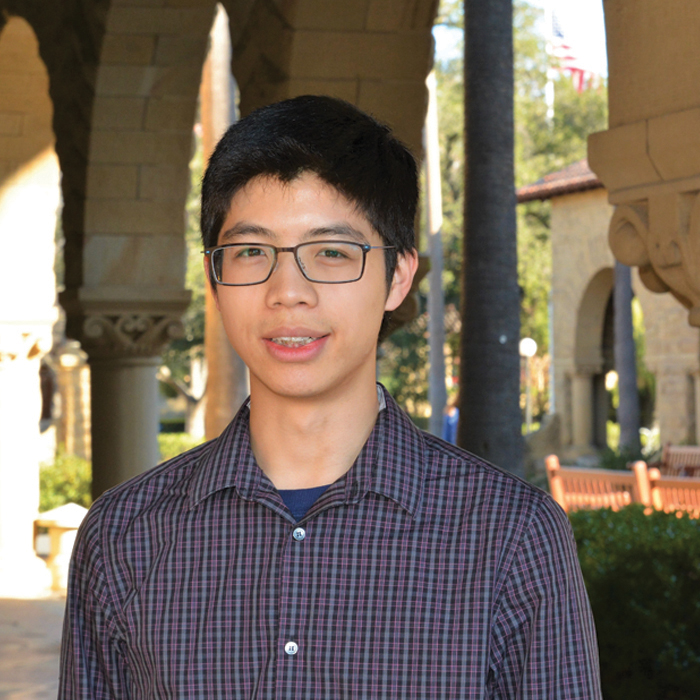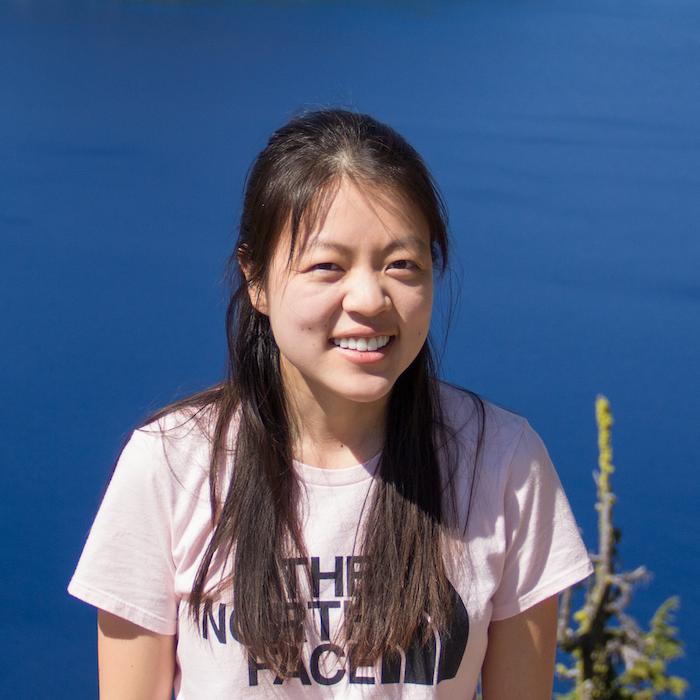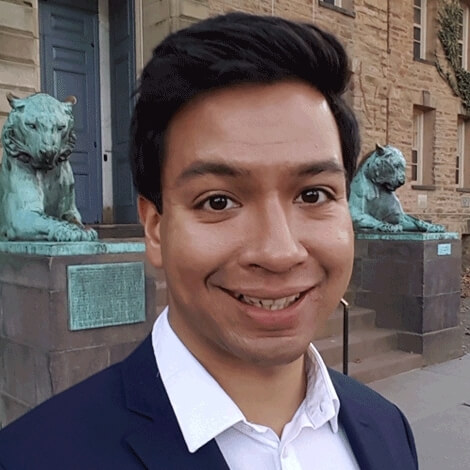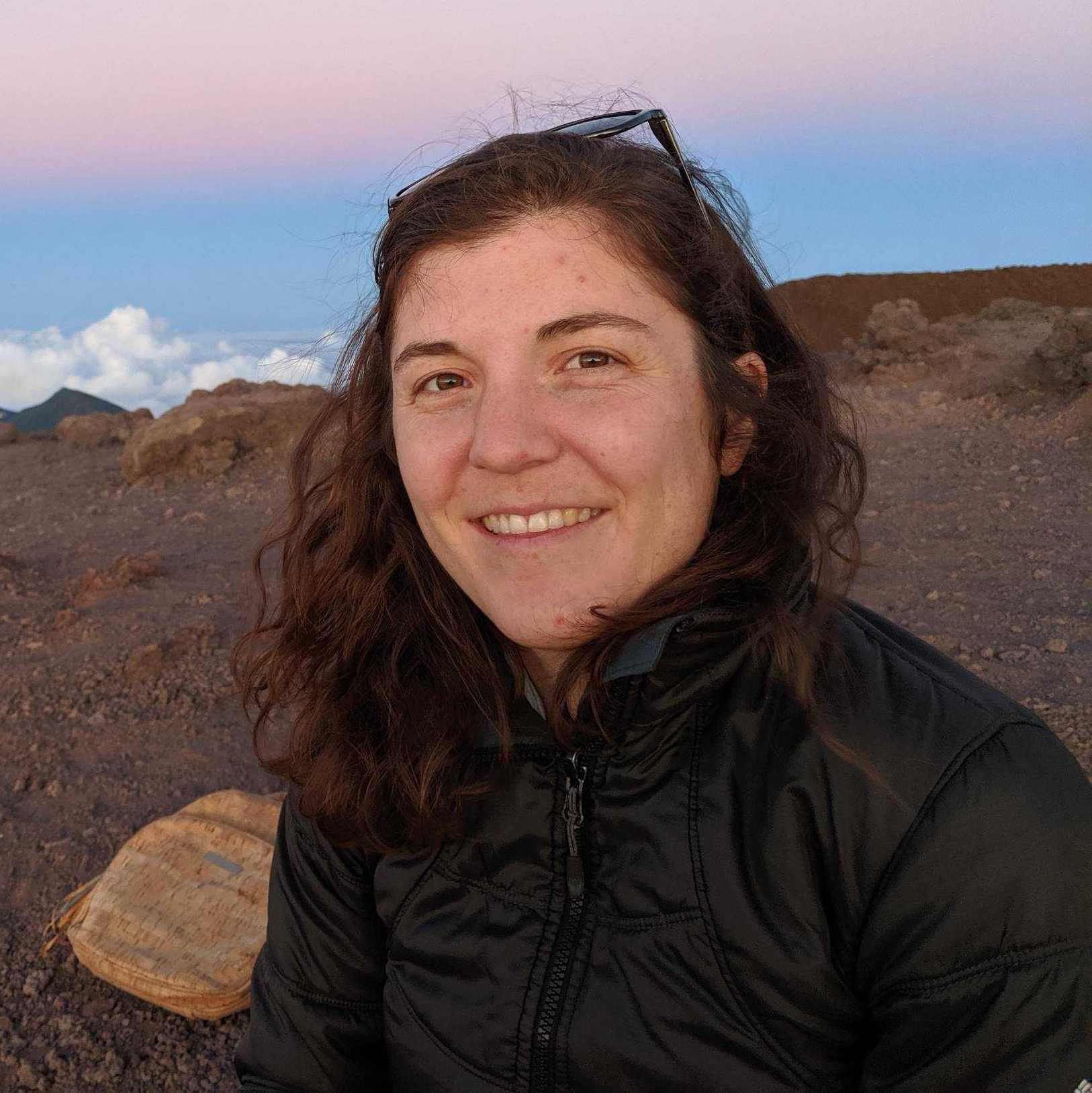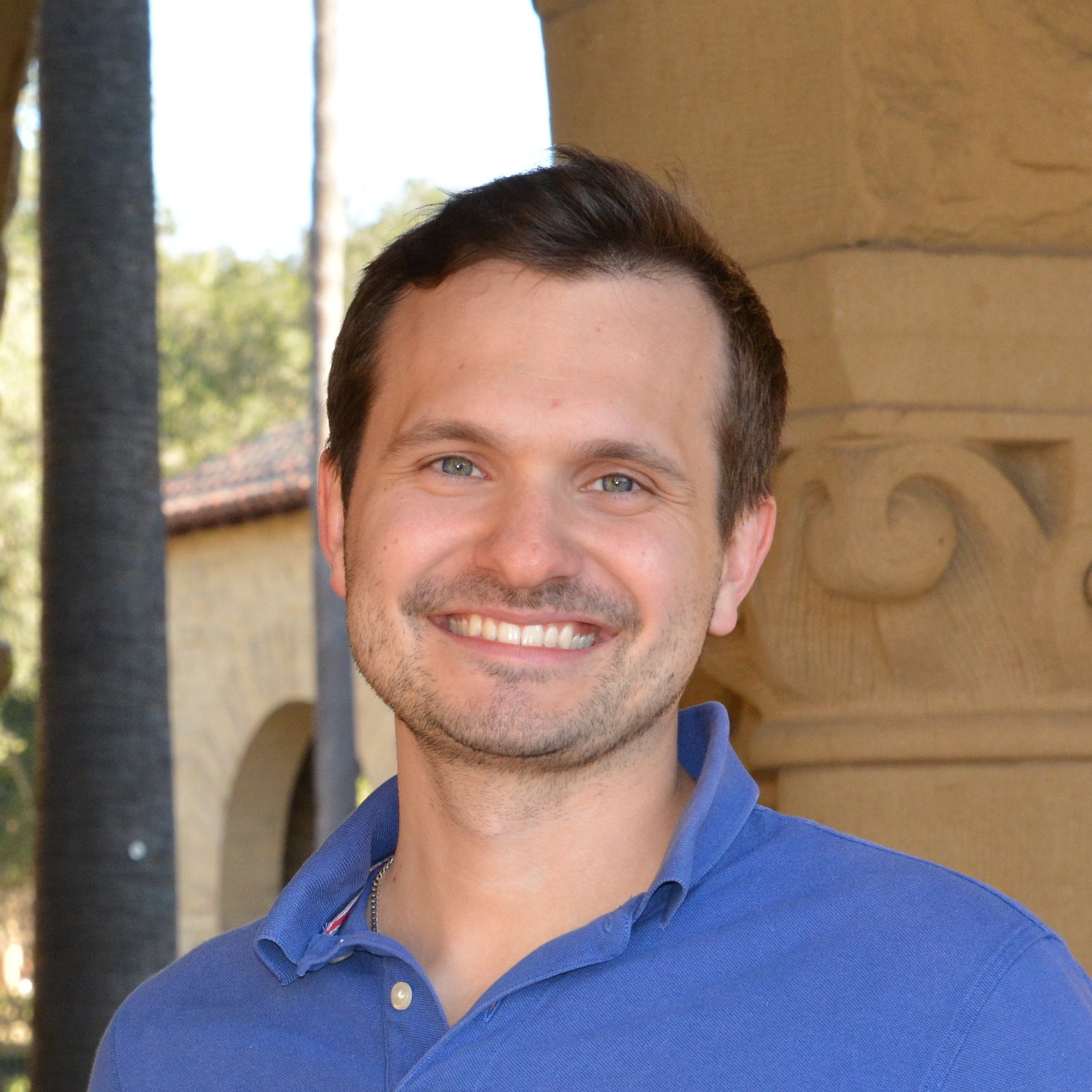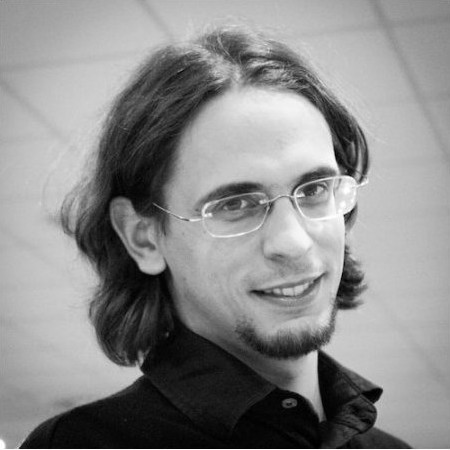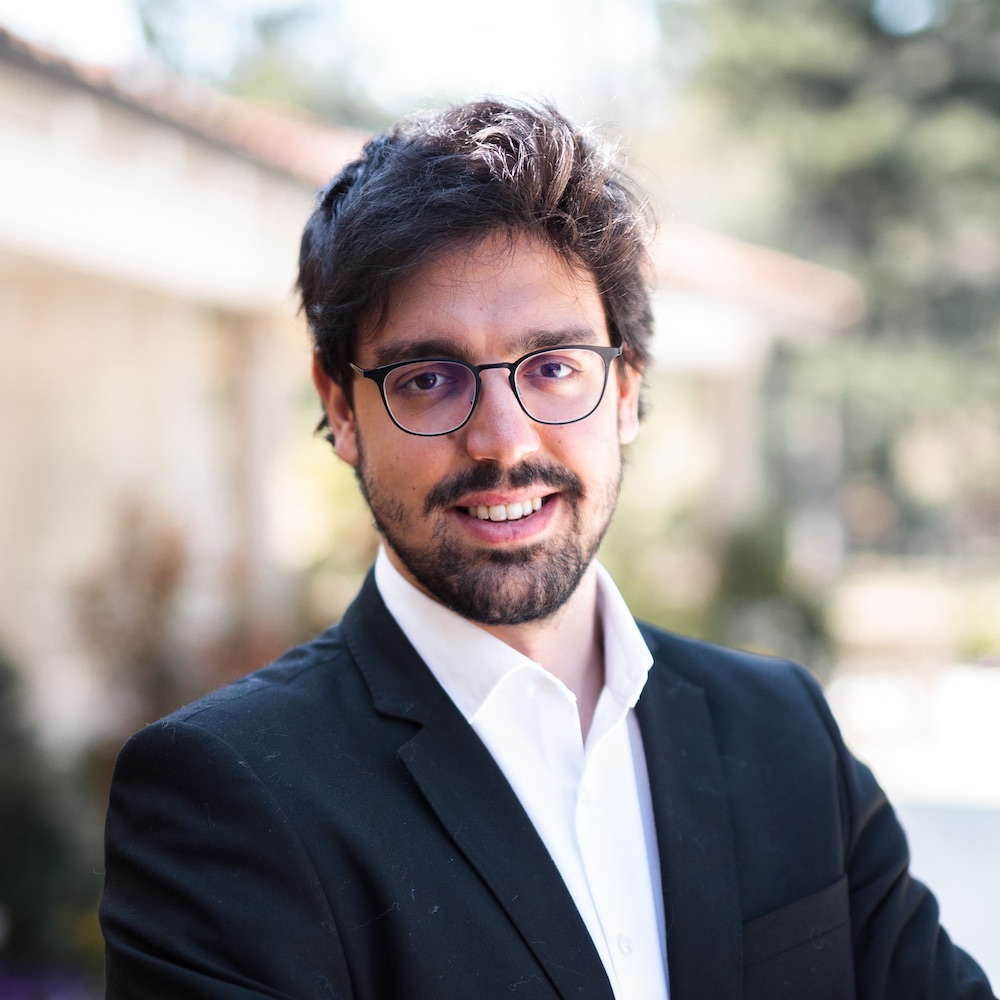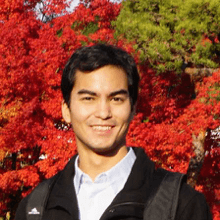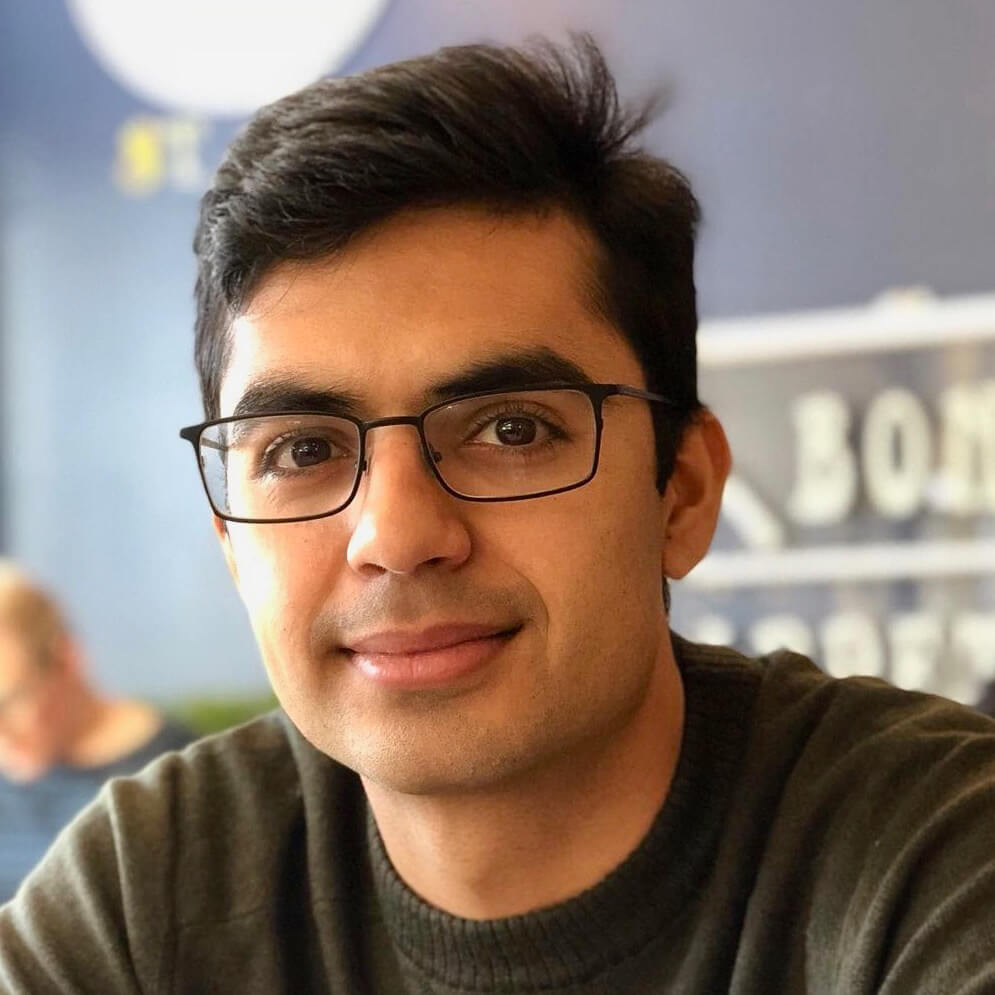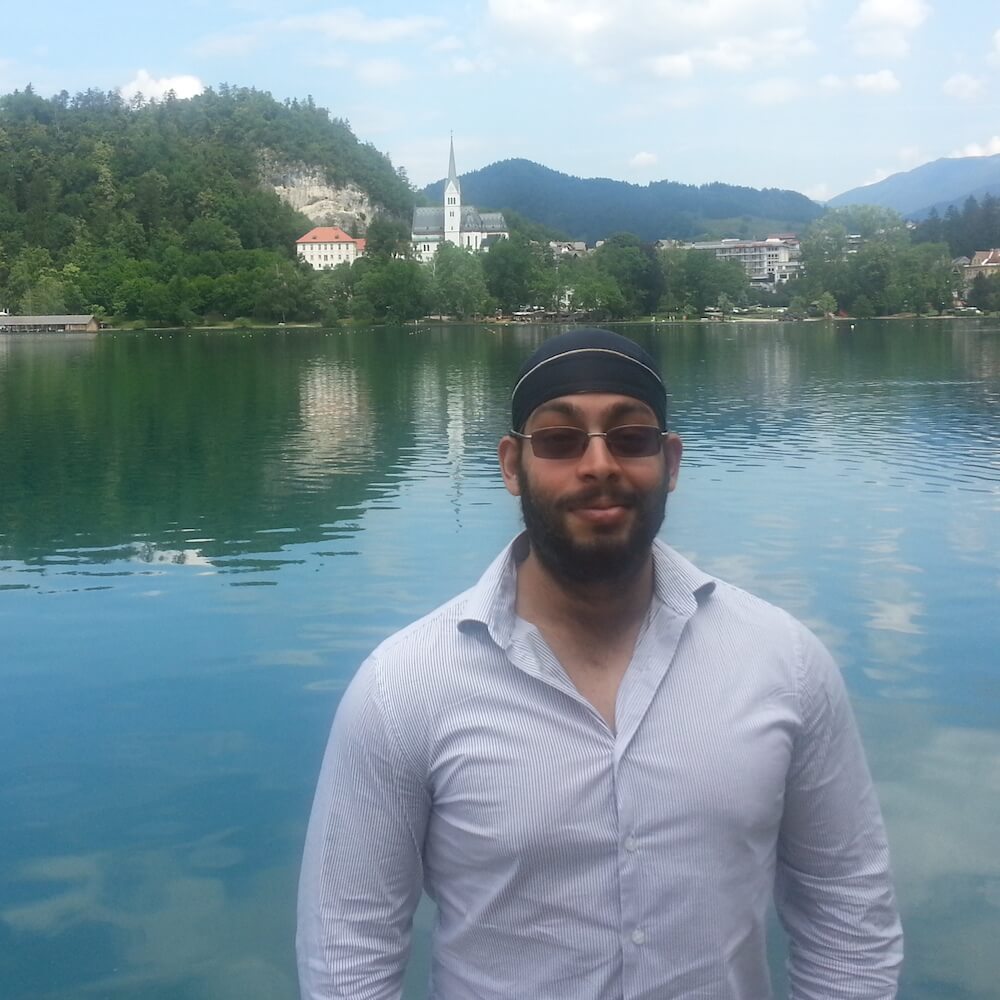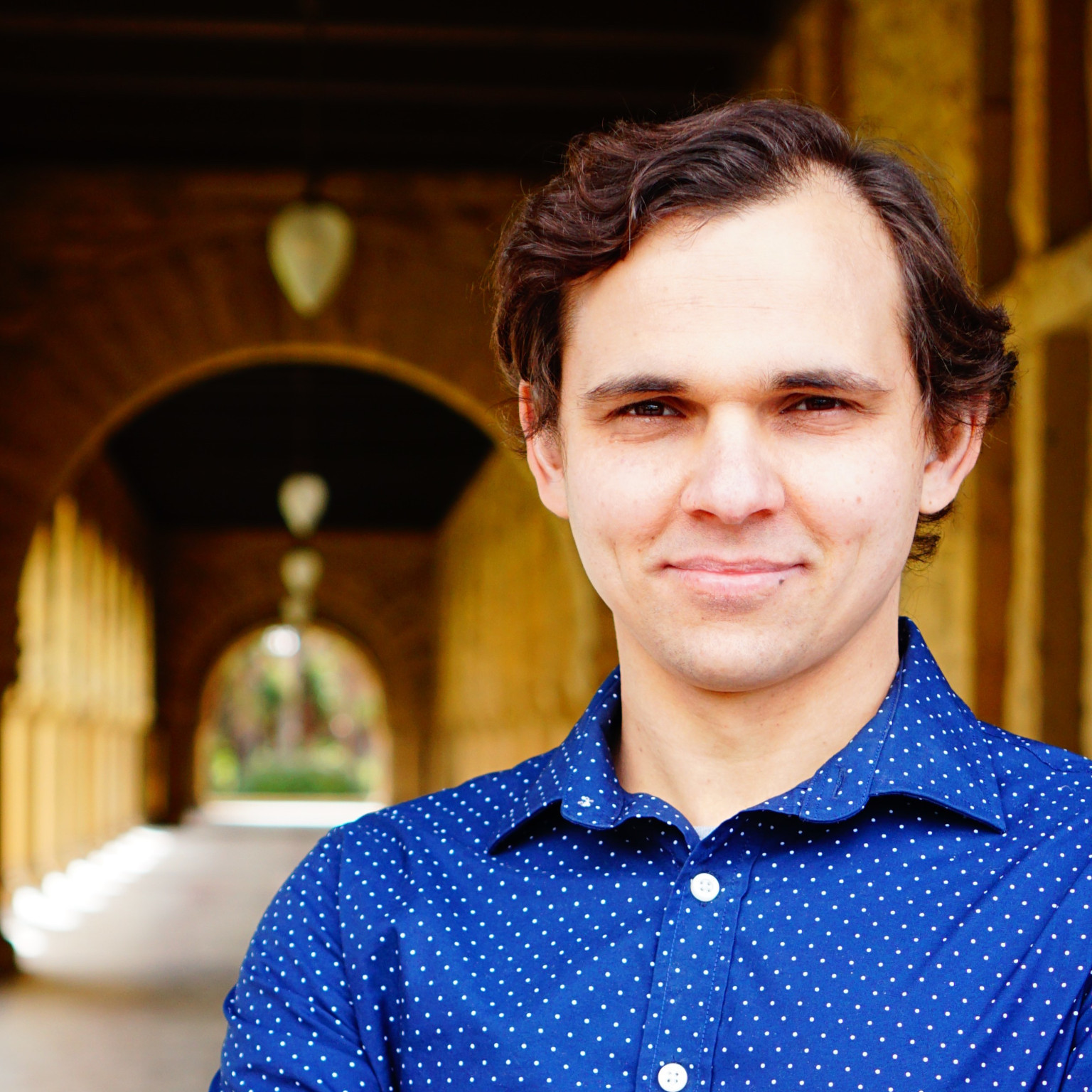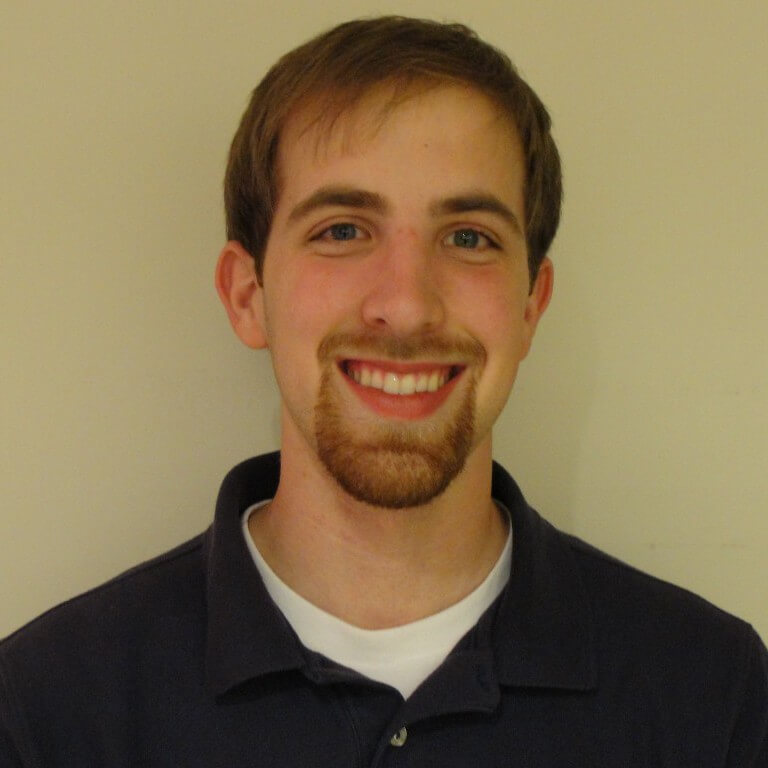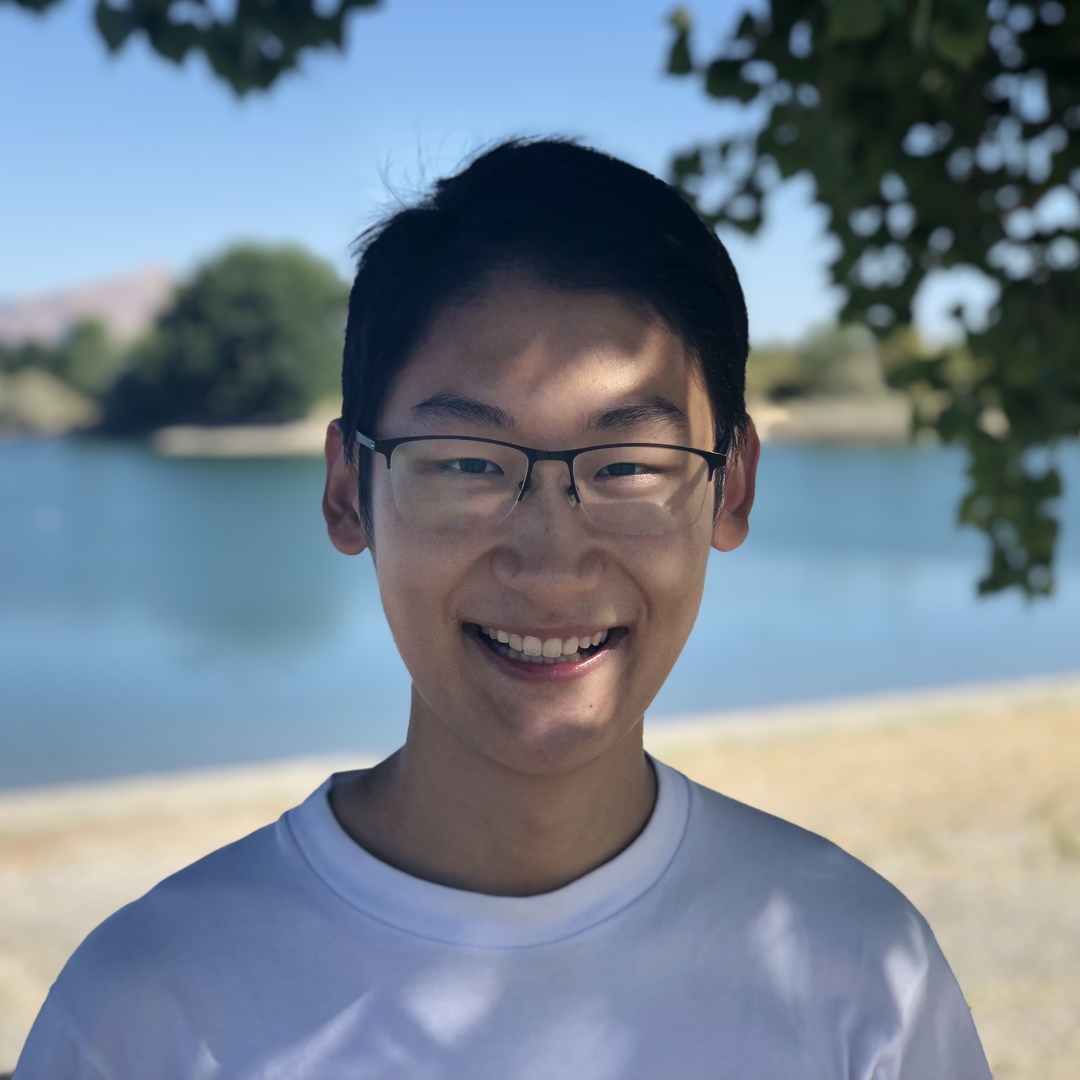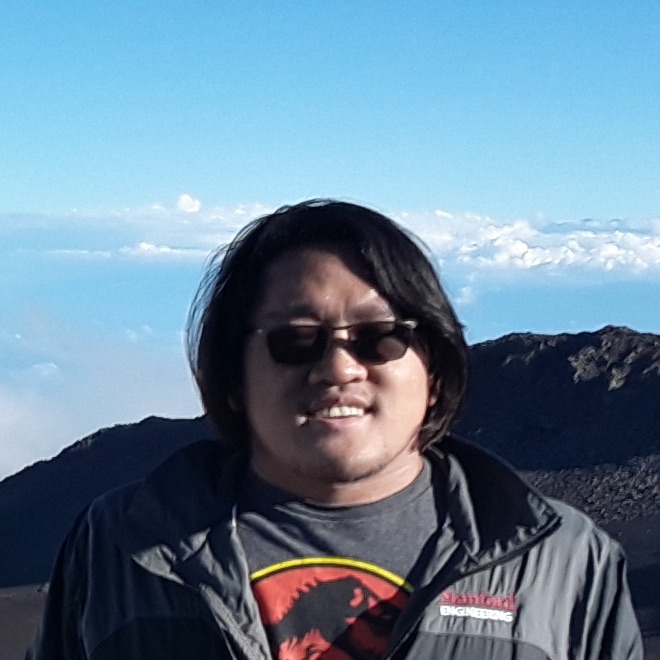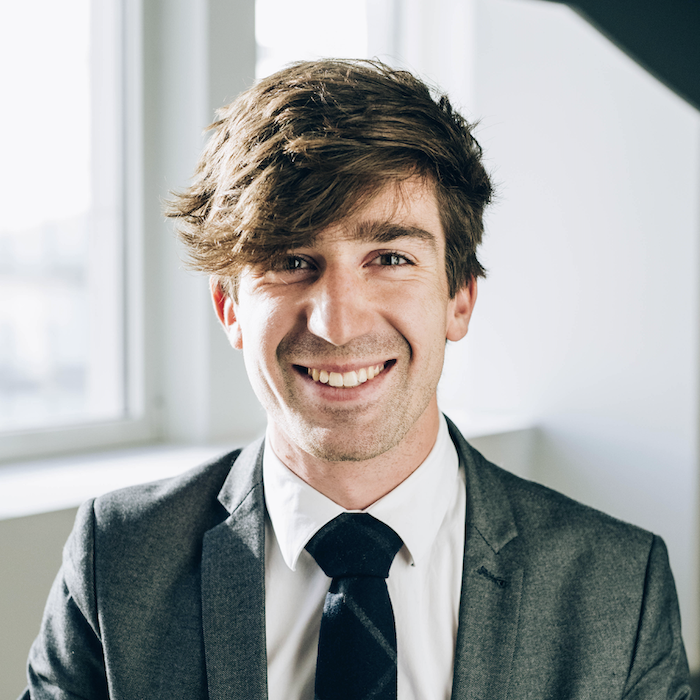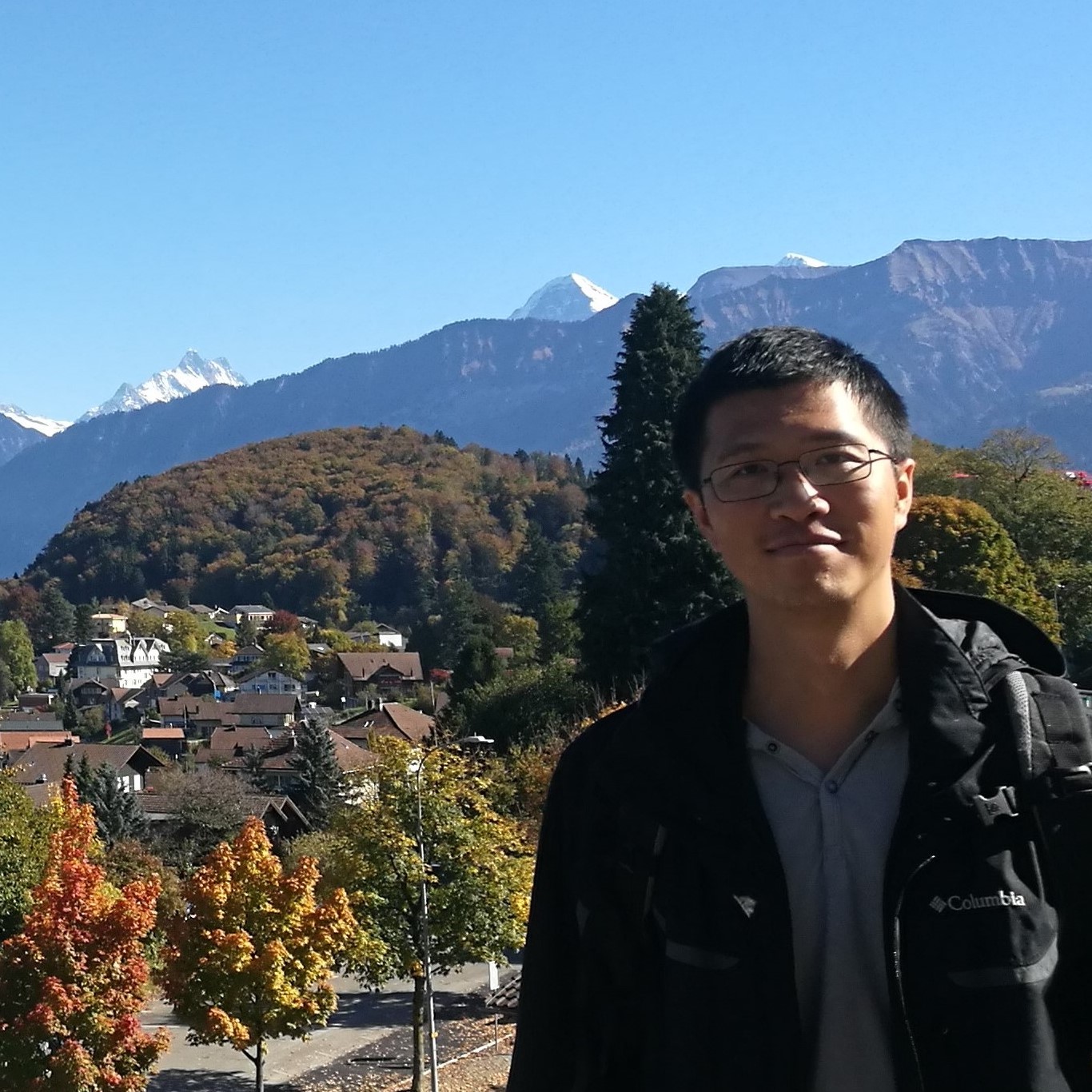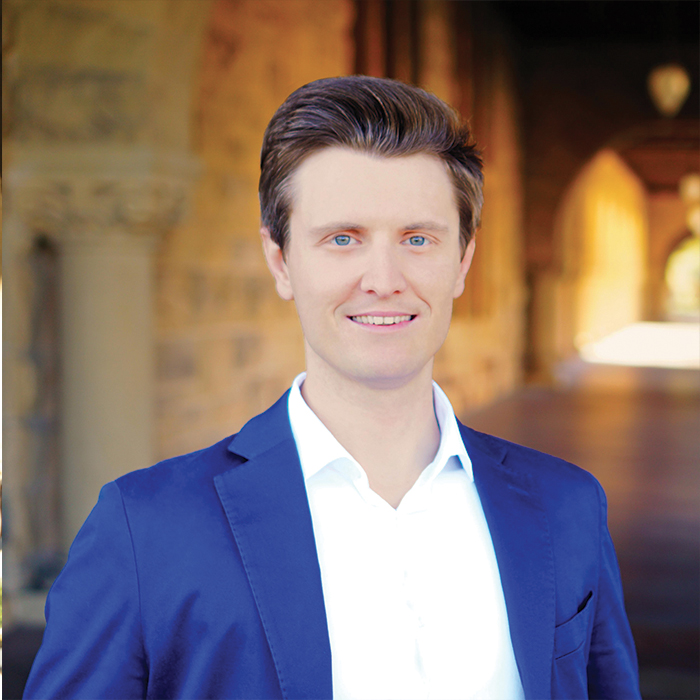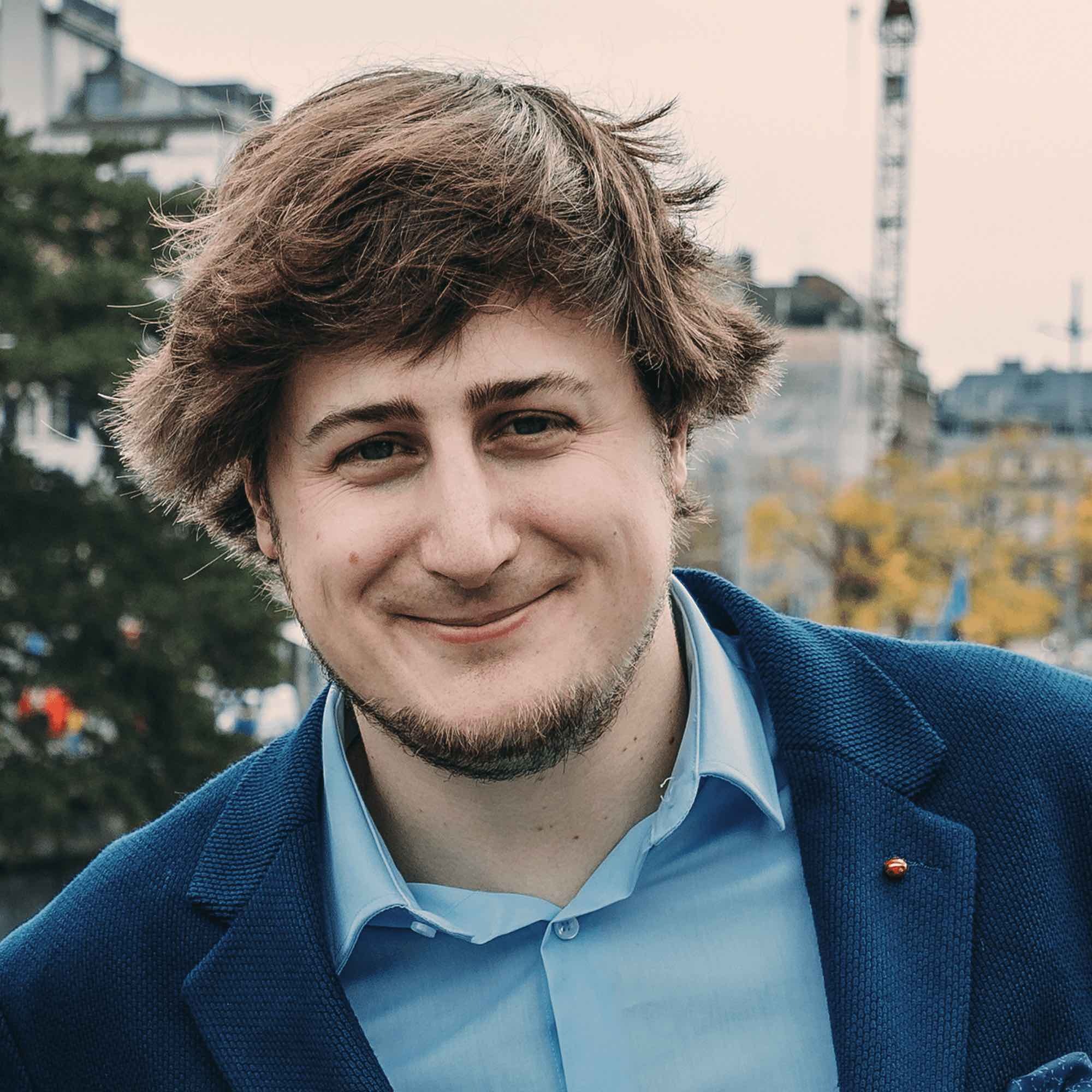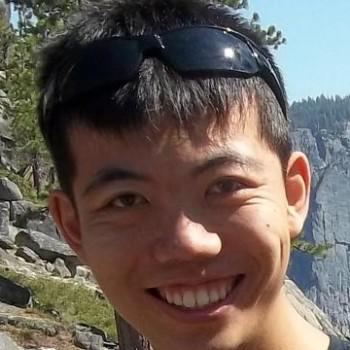Director
Prof. Marco Pavone
Associate Professor, Department of Aeronautics and Astronautics
Director, Autonomous Systems Laboratory
Director, Center for Automotive Research at Stanford (CARS)
Associate Professor (by courtesy), Information Systems Laboratory
Associate Professor (by courtesy), Computer Science
Associate Professor (by courtesy), Institute for Computational and Mathematical Engineering (ICME)
Ph.D. Massachusetts Institute of Technology, 2010
Email: [last name]@stanford.edu
Phone: +1 (650) 723 4432
Research Team

Carmen Amo Alonso
Postdoctoral Scholar
Optimal and learning-based control, manipulation, space robotics
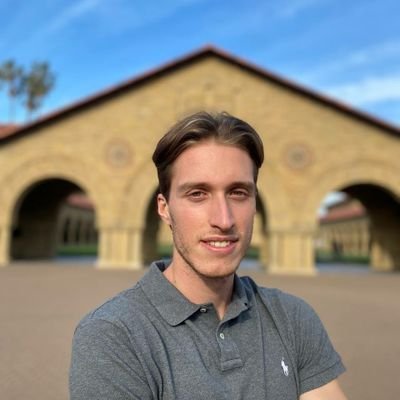
Daniele Gammelli
Postdoctoral Scholar
Learning-based control, mobility systems, autonomous spacecraft

Katie Luo
Postdoctoral Scholar
Perception and scene understanding for embodied agents, Autonomous Vehicles
External Research Affiliates
Alumni
Visiting Faculty, Scholars, and Students
Roberto Bigazzi.
University of Modena and Reggio Emilia.
Nicoletta Bof.
University of Padova.
Felix Böwing.
ETH Zürich.
Jan Carius.
ETH Zürich.
Davide Celestini.
Politecnico di Torino.
Matteo Cercola.
Politecnico di Milano.
Kim Christensen.
Norwegian University of Science and Technology.
Clemens Christoph.
ETH Zurich.
Claudia Conte.
University of Naples Federico II.
Arpit Dwivedi (Master's Student).
Stanford University.
Patrick Eberhand.
ETH Zurich.
Tobias Enders.
Technical University of Munich.
Roman Engeler.
ETH Zürich.
Zhe Fu.
University of California, Berkeley.
Marta Gazulla.
ETH Zurich.
Fabio Hübel.
ETH Zurich.
Javier V. Gómez.
Universidad Carlos III de Madrid.
Peter Hansen.
Technical University of Denmark.
Marvin Harms.
Norwegian University of Science and Technology.
Alvaro Estandia Hentschel.
ETH Zürich.
Dominik Helmreich.
ETH Zürich.
Keita Kobashi.
Tohoku University.
Johannes Koehler (visiting postdoc scholar).
ETH Zurich.
Sarah Laamimach.
Technical University of Munich.
Nicolas Lanzetti.
ETH Zürich.
Thomas Lew.
ETH Zürich.
Adam Lilja.
Zenseact and Chalmers University of Technology.
Florian Mahlknecht.
ETH Zürich.
Francesco Marchiori.
University of Padova.
Layla Martin.
Technical University of Munich.
Jonas Matt.
ETH Zürich.
Dejan Milojevic.
ETH Zürich.
Luca Paparusso.
Politecnico Di Milano.
Ernesto Poccia.
Scuola Superiore di Studi Universitari e di Perfezionamento Sant'Anna di Pisa.
Wolfgang Pointner.
Upper Austria University of Applied Sciences.
Simon Romanski.
Karlsruhe Institute of Technology.
Max Ronecker
SETLabs Research GmbH.
Loris Roveda.
Karlsruhe Institute of Technology.
Roberto Sabella
University of Naples Federico II.
Tim Salzmann.
Technical University of Munich.
Simon Schaefer.
ETH Zürich.
Benedikt Schesch.
ETH Zürich.
Maximilian Schiffer (visiting professor).
Technical University of Munich.
Jan Schilliger.
ETH Zürich.
Carolin Schmidt.
Technical University of Denmark.
Markus Schratter.
Virtual Vehical Research GmbH.
Lukas Schroth.
ETH Zurich.
Jakob Thumm.
Technical University of Munich.
Luigi Tresca.
Politecnico di Torino.
Peter Varnai.
KTH.
Mauro Salazar Villalon.
ETH Zürich.
Wolf Vollprecht.
ETH Zürich.
Lena Wild.
KTH Royal Institute of Technology.
Paul Wolff.
ETH Zürich.
Ji Hyun Yang (visiting professor).
Kookmin University.
Matteo Zallio.
Technological University Dublin.
Gioele Zardini.
ETH Zürich.
Jannik Zgraggen.
EPFL.
As researchers and teachers, we in the Autonomous Systems Lab recognize the importance and value of having diversity in our research group and the value of having members from all walks of life. Both in our day-to-day activities and research itself, we seek to be inclusive and mindful of this diversity in the lab, the classroom, and in our interactions. Further, we acknowledge that educating ourselves on the matters of inclusivity and diversity is a life-long learning process that must be a part of our entire research and professional careers. To this end, the Autonomous Systems Lab is committed to fostering the following principles to maintain an inclusive and vibrant environment on a daily basis:
- We affirm all people, regardless of their age, culture, race, ethnic origin, religion, sexual orientation, gender, gender identity, disabilities, marital status, nationality, and socioeconomic status.
- We strive to maintain an environment of mutual respect for every member of the lab and community and one that rejects discrimination, prejudice, and intolerance.
- We commit to continuously educating ourselves and seek to incorporate ideas of diversity and inclusivity to our daily conversations on the broader impacts of our research.
